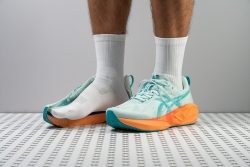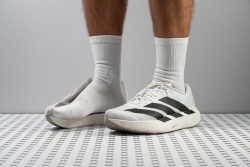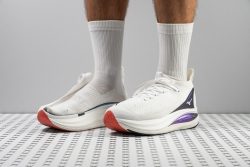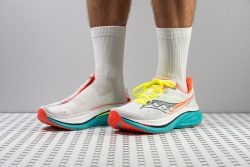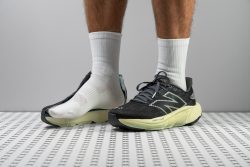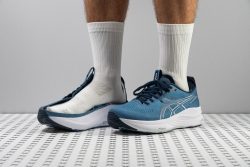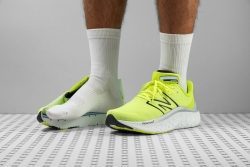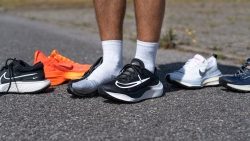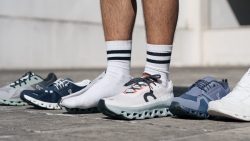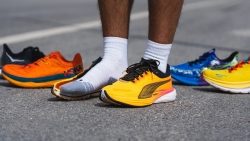7 Best Long Distance Running Shoes in 2025
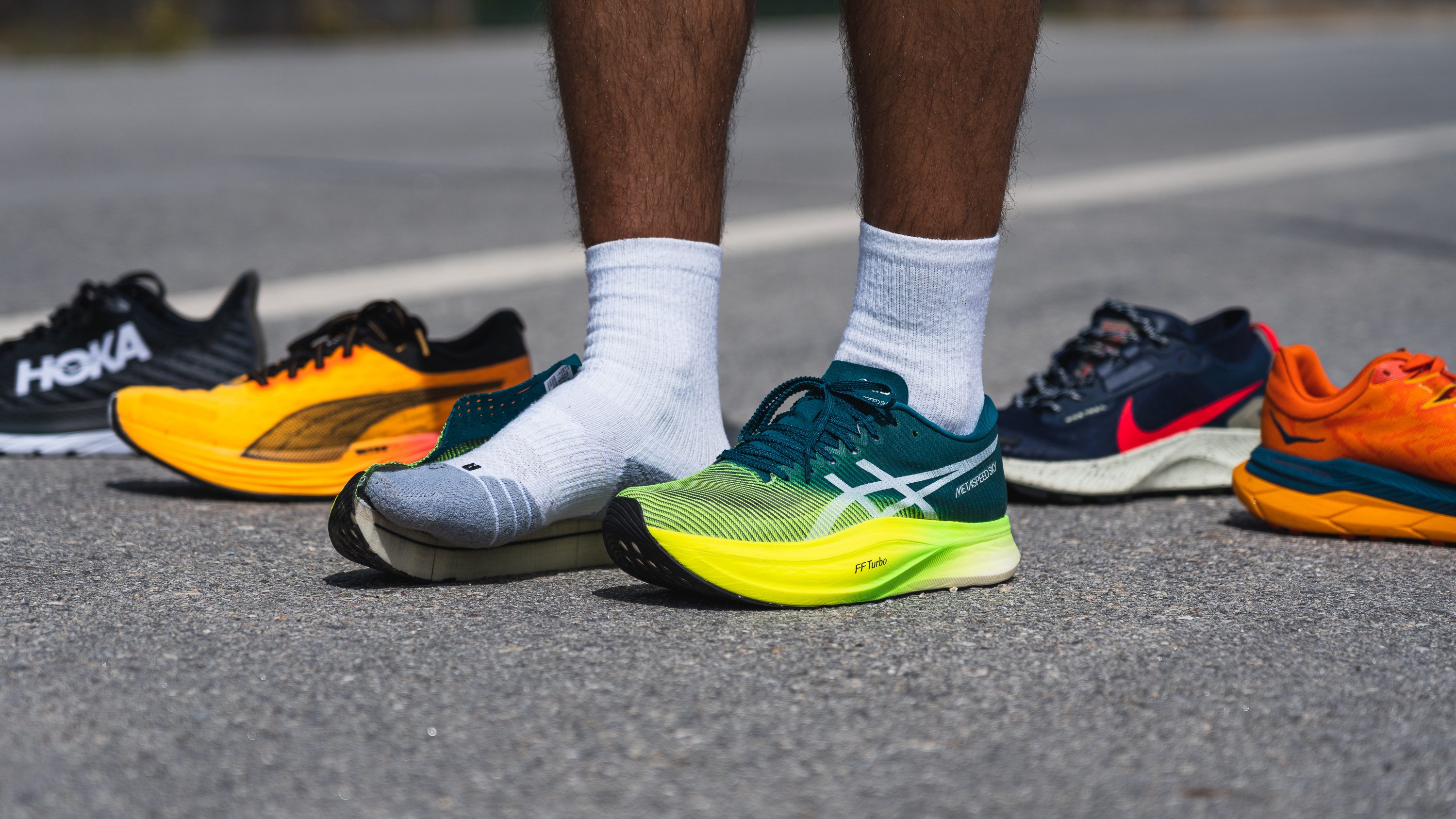
We buy shoes ourselves. We earn commissions when you buy through us, at no extra cost. Why trust us
Running distances longer than 10 km requires the most reliable, comfortable, and durable running shoe. As the stress on your body increases, so do the demands on a pair of running shoes.
We tested the long-distance running shoes on long hauls to find out which ones would stand the test. They also went through our rigorous lab tests before making it to the top selection.
You might be after a faster shoe, or a max-cushioned marathon shoe, or an extra protective trail shoe for a 100K ultra. We’ve got our top picks in various categories to help you choose the one that fits your needs.
How we test long distance running shoes
It is our mission to test every single long-distance shoe on the market and let you know about the best options.
We’ve been in the running shoe game since 2014 and are now equipped with our own shoe testing lab to put every new release through the wringer. Here is our process:
- Buy a shoe with our own money to avoid bias
- Field-test each pair
- Cut the shoe open and take it into pieces (literally)
- Measure over 30 parameters that explain to the shoe’s performance
- Summarize it all into comparable data
Best long distance running shoes overall
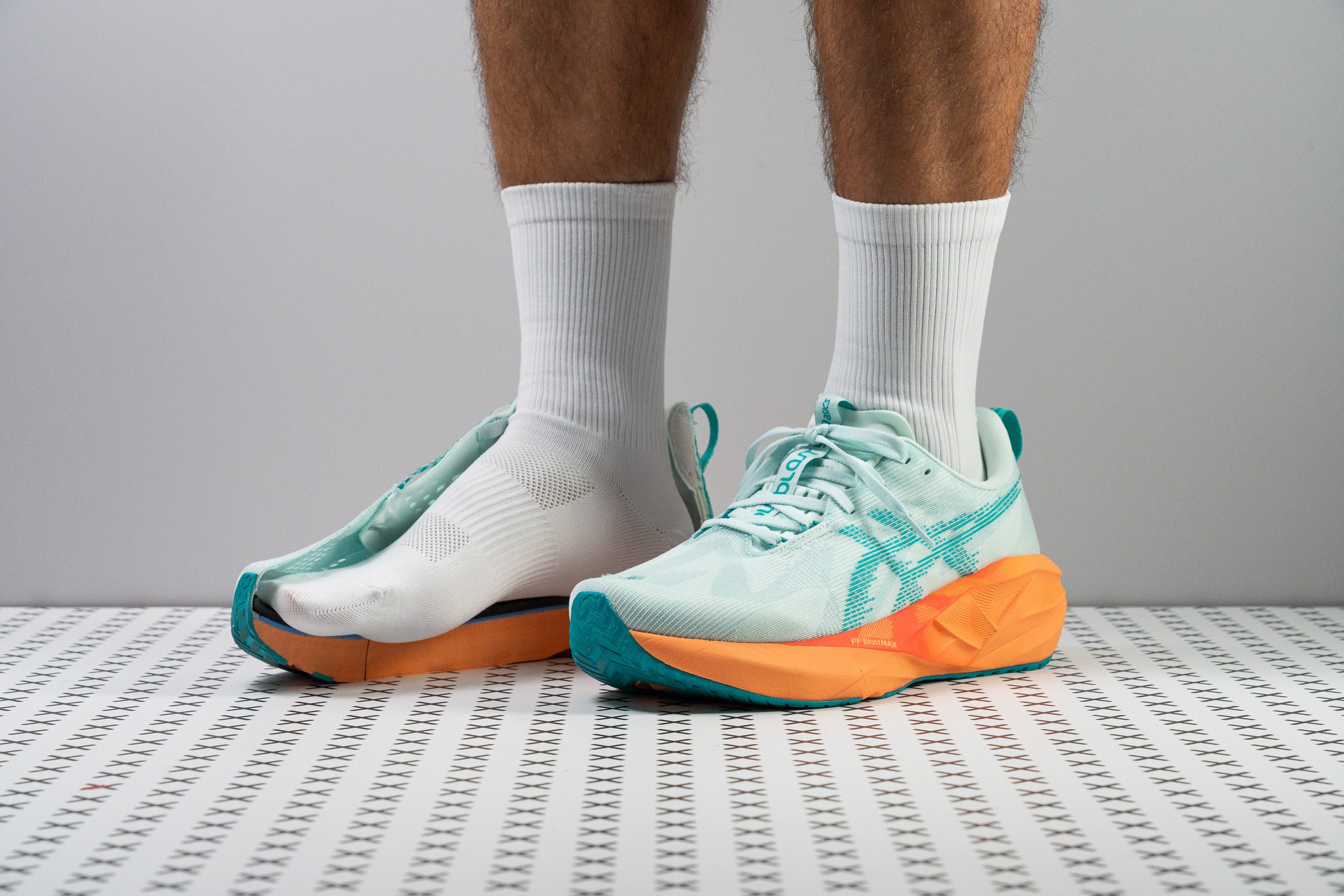




















































What makes it the best?
We tested the best long-distance running shoes in and out of the lab and discovered Novablast 5 to be the best overall. It has the impact protection, weightlessness, and durability needed to support the demands of endurance runs. We feel like we can run endlessly with Novablast's immense comfort.
The main star is the colossal midsole, which feels cloud-like and bouncy underfoot. It’s a record-shattering 40.9/33.5 mm, offering bottomless comfort no matter where we land. It reduces the stress on our muscles and joints, proven by its world-class shock absorption scores of 141/134 SA. Despite its plushness, the ride feels surprisingly stable as Novablast ensures steady landings with its ultra-wide 122.3/97.6 mm platform.
As a non-plated shoe, it flows effortlessly with our motions. Our bend test confirms it's 26.3% more flexible than average—an amazing feat considering its stack and another element that enhances comfort. It feels light on foot, and our scales wowed us with a below-average 9.0 oz (254g) figure.
We noticed the outsole can withstand long hours of impact, as the shoe barely had any scratches after double-digit miles. It showed significantly less wear than average in our Dremel test, cementing its position as a durable and long-lasting shoe.
Unfortunately, it builds up sweat and heat on extra warm days. With a subpar 3/5 breathability score, it’s best to use this pair in colder climates.
Pros
- Improved energy return with FF Blast MAX foam
- Plushiest foam in a Novablast yet
- Keeps the same price as v4
- Higher stack height for extra cushioning
- Enhanced flexibility
- Lighter than its predecessor
- Best Novablast ever for wide feet
- Exceptional weight-to-cushion balance
- Works for short, medium and long runs
Cons
- Breathability could be improved
- Toebox durability
Long distance running shoes with the best versatility
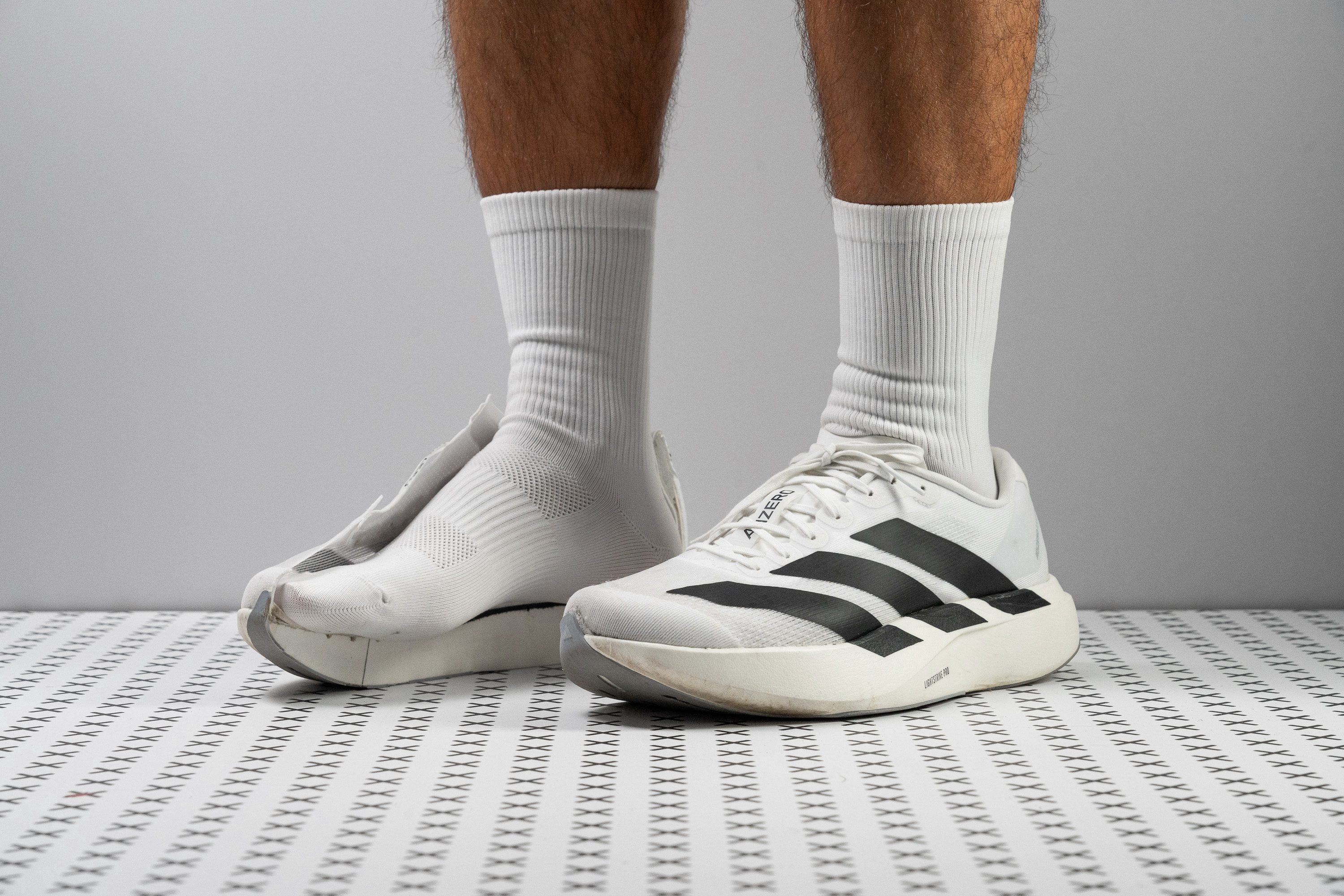





























































What makes it the best?
Running with the Adidas Adizero EVO SL offers the perfect blend of power and plushness, with lab tests showing it features the Lightstrike Pro midsole. With its superior flexibility and lightness enhancing its agility, it’s our most versatile long-distance running shoe, working amazingly across a wide range of paces.
Adizero EVO SL has a plate-free design, which increases its flexibility and comfort even for relaxed days. Our bend test verifies that it only needs 9.8N to reach 30 degrees, making it 35.5% more pliable than average. Moreover, its lightweight 7.9 oz (223g) build boosts our agility and helps prevent early fatigue.
The Lightstrike Pro comes alive when we pick up the pace, with its propulsion assisting us forward. In our energy return test, we recorded high scores of 74.3% in the heel and 70.3% in the forefoot, both easily beating their respective averages.
With every springy takeoff, a gentle landing follows. The foam itself reduces the brunt of impact, backed up by high shock absorption scores of 147/126 SA. Our muscles and joints don’t feel too beat up after hours of running, proving the platform’s fatigue-reducing capabilities.
However, the narrow midsole makes this trainer unsuitable for runners with stability concerns. Even those who need mild support should go for a more structured shoe.
Pros
- 100% Lightstrike Pro superfoam
- Exceptional value-to-performance ratio
- Low weight
- Ultra-breathable upper
- Unmatched versatility
- Agile and fun ride
- Handles short and long runs with ease
- Striking Evo 1-inspired aesthetics
Cons
- Poor-quality laces
- Short, non-gusseted tongue
- Toebox durability
Long distance running shoes with the best shock absorption
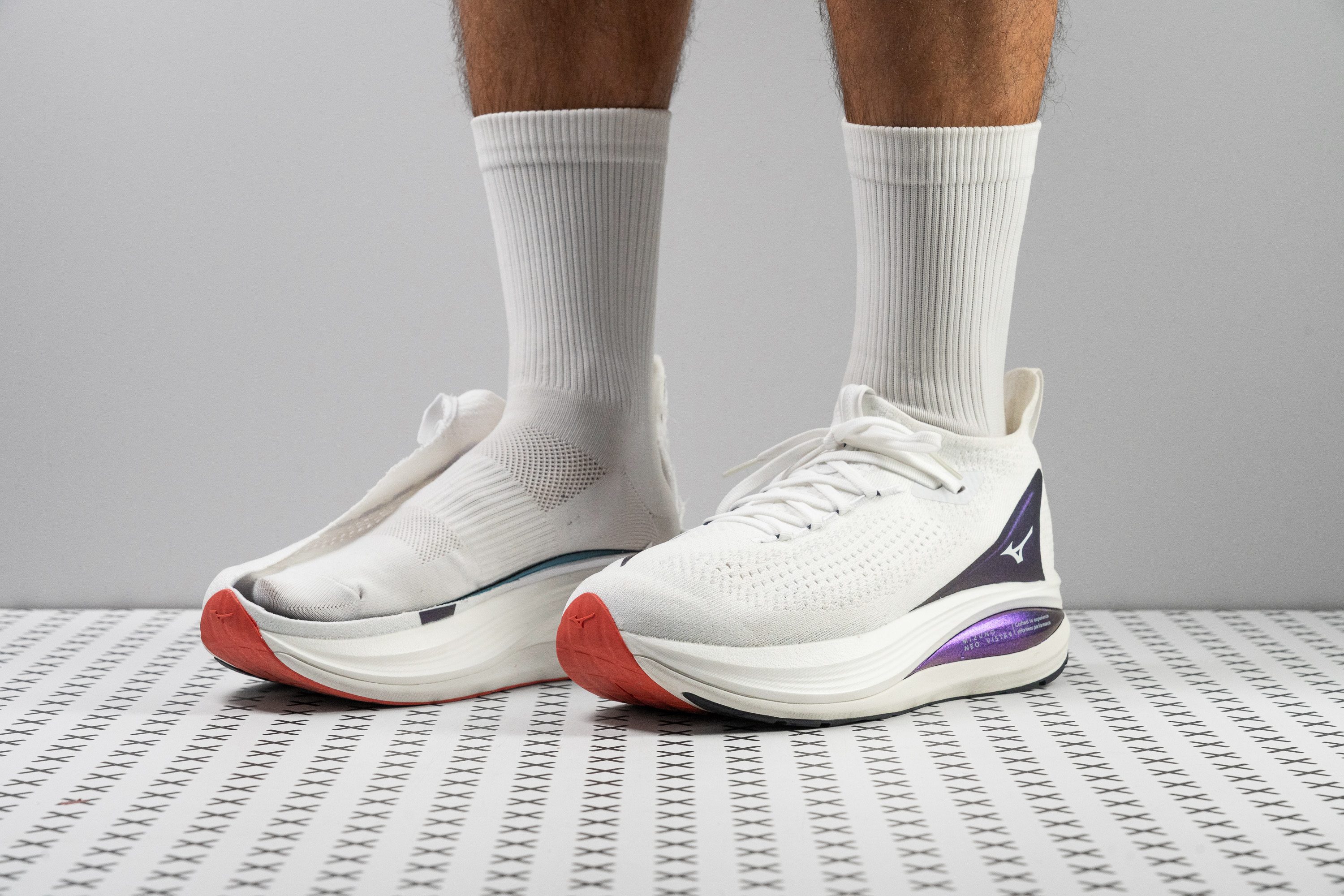
















































What makes it the best?
The Mizuno Neo Vista 2 epitomizes maximalism, earning its place as our top choice for the best shock-absorbing long-distance running shoe. We’re sure of our pick after extensive long runs and rigorous lab evaluations. Its generous stack height, cloud-like padding, and surprisingly weightless ride lessen the load of demanding endurance runs.
At the heart of its comfort lies the midsole. No shortage of cushioning here as it boasts a staggering stack height of 46.0/37.5 mm, the tallest we’ve seen so far. Neo Vista 2 doesn’t stop there and also earns the highest shock absorption score we’ve recorded: at 170 SA in the heel and 137 SA in the forefoot, ensuring less landing force on our body compared to other shoes.
Surprisingly flexible despite its thickness, the midsole emerged 10.0% more bendable than average in our 30-degree test—promoting a natural feel on the road. In addition, it has the same weight as the average running shoe despite its maximalist dimensions.
However, its underwhelming energy return may pose challenges for those seeking to maintain faster paces. Runners searching for a high-performance shoe should skip this pair.
Pros
- Massive stack height
- Super-plush Enerzy NXT foam
- Perfect for long runs
- Lightweight for its huge size
- Good durability
- Breathable knit upper
- Roomy toebox height
- Insanely fun!
Cons
- Not enough energy return
- Price hike feels unjustified
- Not stable for heel strikers
Long distance running shoes with the best energy return
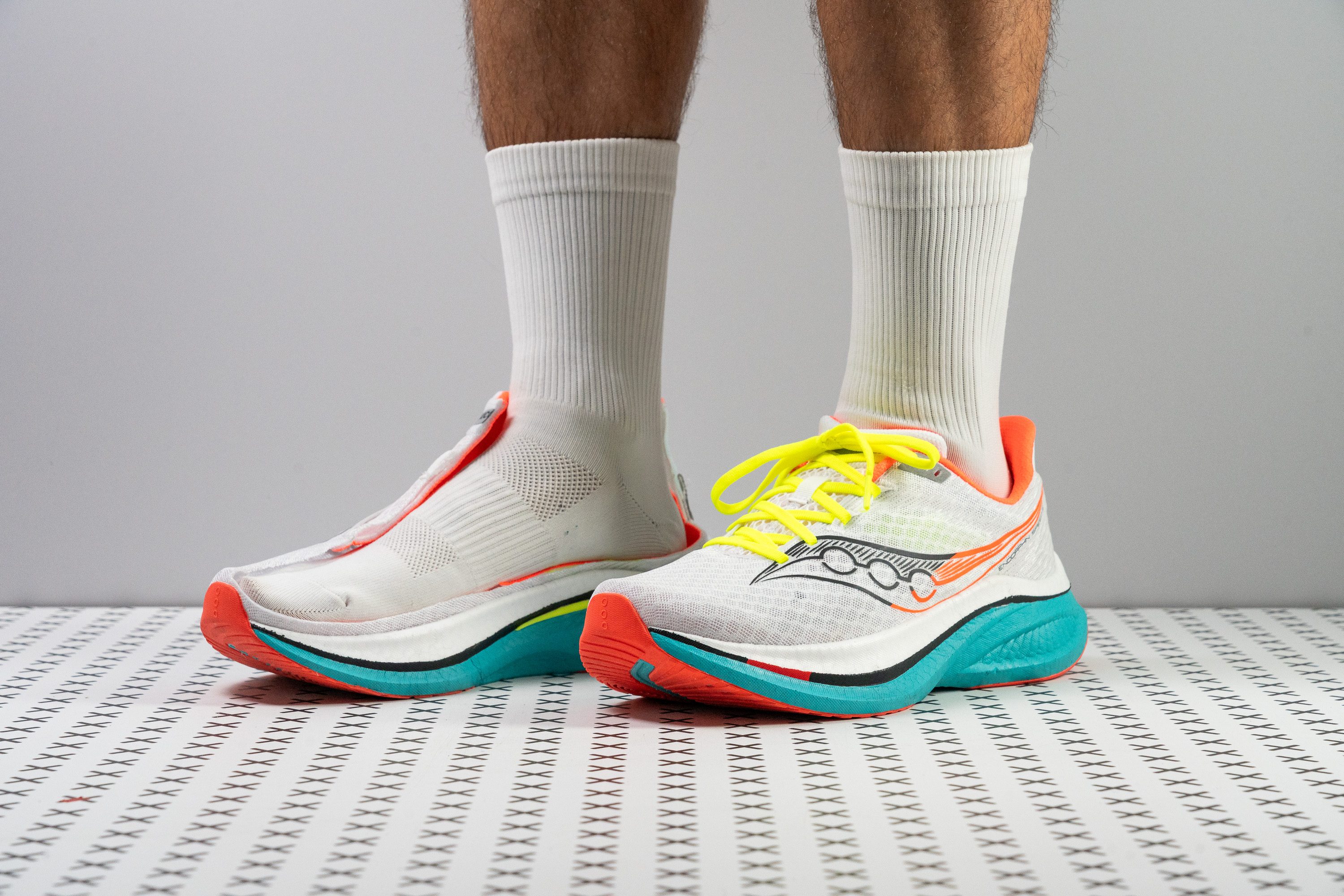














































What makes it the best?
Long-distance runs demand exceptional impact protection and consistent responsiveness, and based on our lab results, the Saucony Endorphin Speed 5 tops the charts in terms of energy return. With its SPEEDROLL technology and light weight, it delivers a smooth and enjoyable ride.
Endorphin Speed 5 honors its name by delivering high propulsion in our strides, backed up by strong energy return scores of 73.2% in the heel and 78.2% in the forefoot. Moreover, its SPEEDROLL geometry boosts forward momentum and quick turnover.
After every explosive takeoff, we’re welcomed with a plush platform. We recorded high shock absorption scores of 132 SA in the heel and 108 SA in the forefoot, keeping our legs fresh in the final miles of our long runs.
Its minimal 8.5 oz (241g) build also helped prevent the onset of fatigue, feeling far from a burden on our feet.
However, the toebox failed to impress in our durability test, which means it’s more prone to wear than average.
Pros
- Supershoe-like energy return
- Fantastic upper with top-notch ventilation
- Amazing PWRRUN PB foam
- Endorphin Speed DNA still present
- Great lockdown
- Versatile for multiple paces
- Smooth SPEEDROLL rocker
- Roomier and taller toebox
- Can be used for racing too
- OG special colorway looks fantastic!
Cons
- Small price hike
- Less agile than predecessors
- Durability downgrade
Best lightweight long distance running shoes
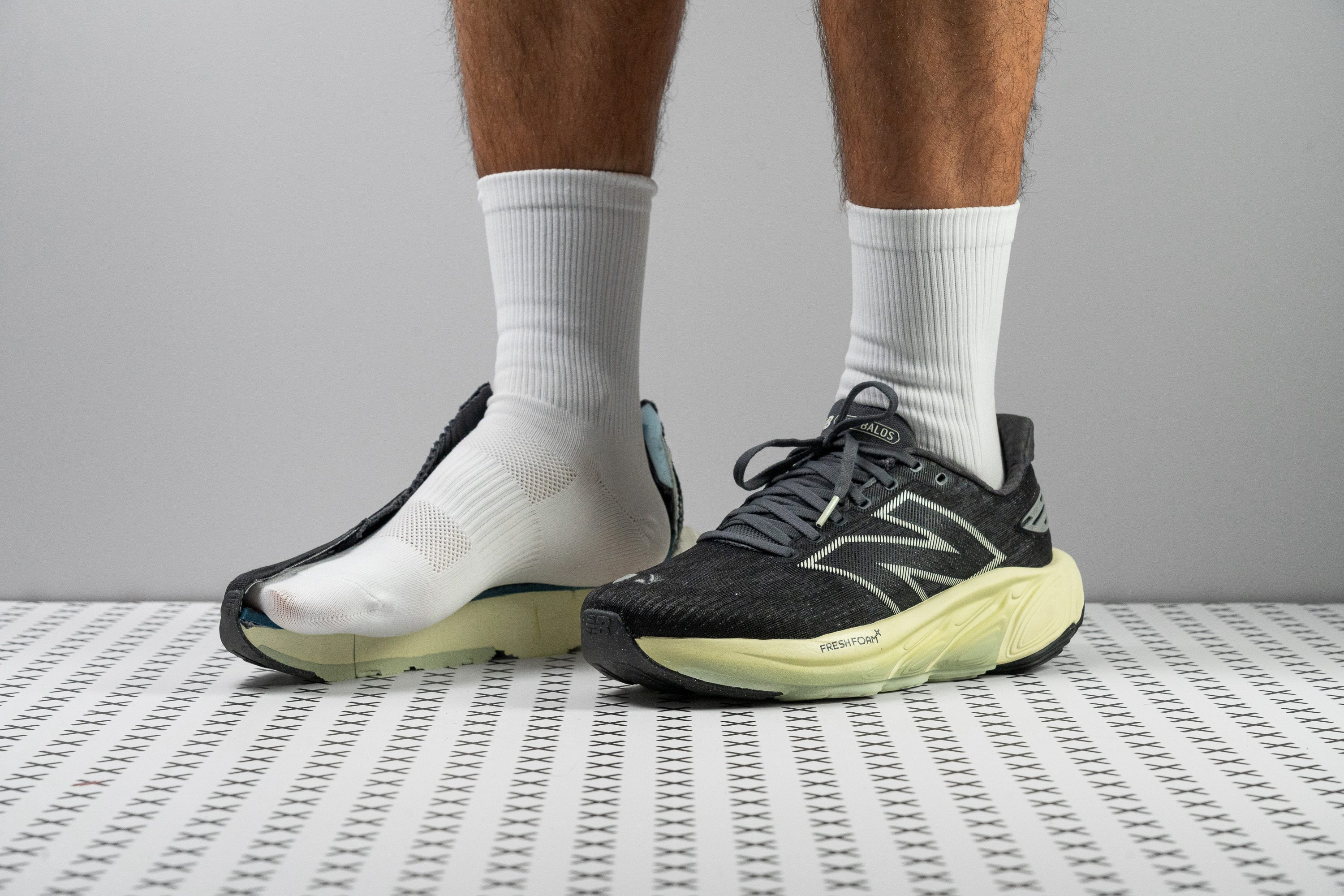


















































What makes it the best?
Long-haul efforts become more manageable when running in the New Balance Fresh Foam X Balos. Validated by our lab evaluations, its highly versatile and forgiving ride, excellent impact protection, and stable support make it easy on the feet. Maximum comfort in a minimal package: it’s our ultimate lightweight long-distance running shoe.
Balos moves effortlessly with our strides. Our scales show it’s only 8.7 oz (247g), making it 6.8% below average. We found the flexible midsole to be perfect for daily sessions, allowing us to feel more relaxed because it barely resists our natural movements. Our bend test confirms it’s more adaptive than average by 16.4%, making it versatile for other activities such as walking and gym training.
We can run comfortably and mindlessly as the Fresh Foam cushioning delivers an impact-protected ride. Its stack height reaches 37.8/31.9 mm, with strong shock absorption scores of 158/129 SA, effectively reducing the load of each touchdown.
To counteract any imbalances from its height, the 99.7 mm heel has a broad design that helps secure our footing within the shoe.
However, the steep low 5.9 mm heel drop makes the ride more seamless for midfoot and forefoot strikers. Runners with rear landings are better off with steeper-dropped pairs.
Pros
- Plush, cloud-like cushioning
- Amazing rockered geometry
- Lightweight for its size
- Breathable, moisture-wicking upper
- Ideal for long runs and recovery days
- Works for walking if needed
- Fantastic knit tongue
- Superb for midfoot strikers
- 360-degree reflectivity
Cons
- Low-volume toebox
- Price feels a bit excessive
- Not enough energy return
- EVA outsole raises durability concerns
Long distance running shoes with the best stability
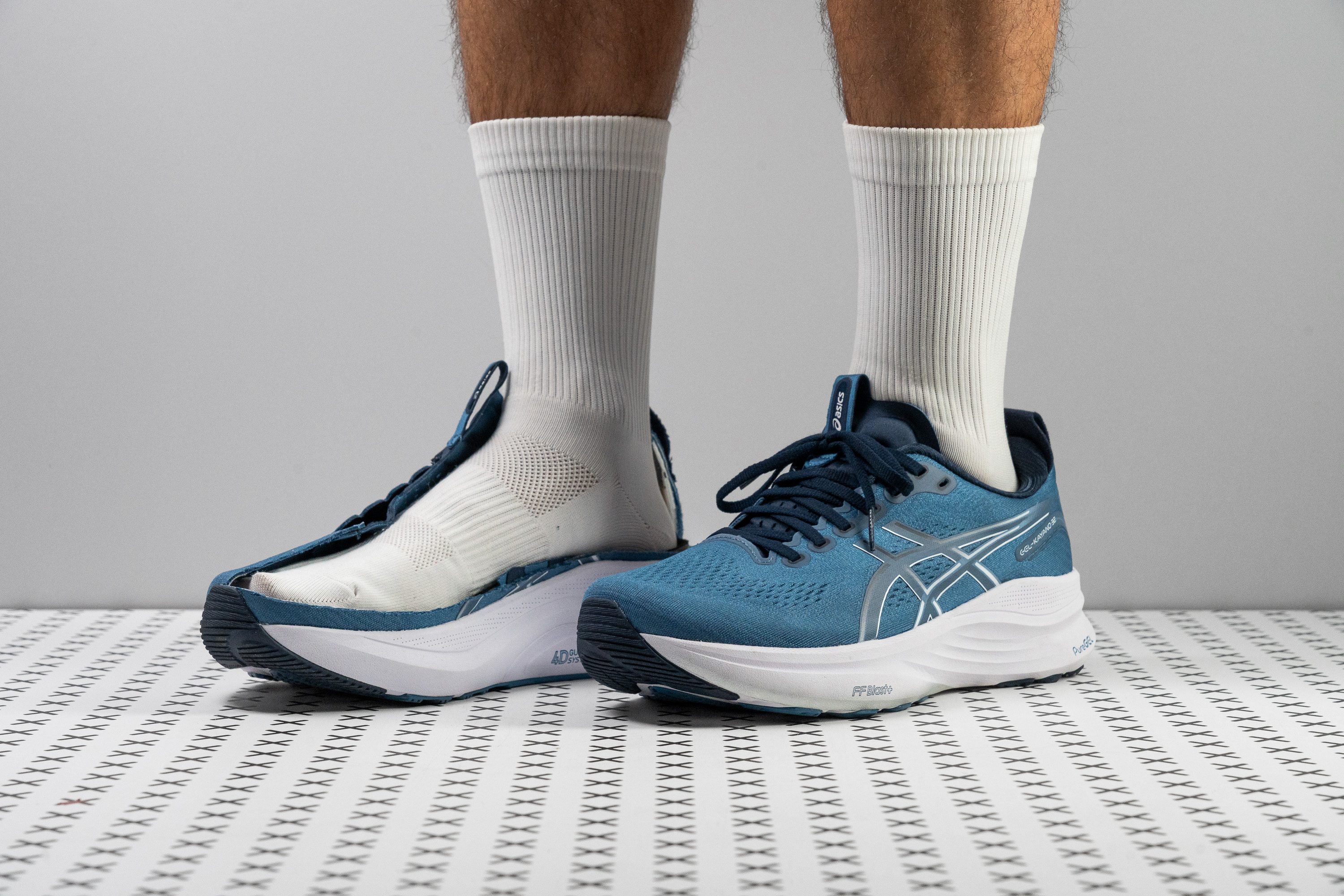













































What makes it the best?
Add confidence-inspiring stability and shock-absorbing cushioning into one, and we get the ASICS Gel Kayano 32. Racking up the miles never felt so good until we got to try this pair outside. Backed by lab results, it’s highly comfortable and features adaptive support, making it our ultimate long-distance stability running shoe.
While long hours and back-to-back workouts can alter one’s form, we never had that problem with GK32. It features the subtle yet effective 4D Guidance System, which adjusts to our foot shape for custom support. Additionally, the midsole has sidewalls and a wide base to secure each stride. Our caliper reveals a massive 119.8/97.2 mm platform.
Even as we hit double-digit miles, our feet felt at home in the FF Blast+ ECO foam, which recorded high shock absorption scores of 133 SA in the heel and 116 SA in the forefoot. Our caliper shows the heel rises to 39.9 mm, above the 34.4 mm average, and includes the PureGEL technology for pillowy landings. The ride was nothing short of extraordinary.
The outsole ensures it can also handle high mileage by keeping its ASICSGRIP rubber 30.0% more wear-resistant and 1.2 mm thicker than average.
However, GK32 is by no means a light shoe at 10.4 oz (295g). Those who prioritize weightlessness should explore elsewhere.
Pros
- Amazing shock absorption
- Plush and breathable upper
- Made to last
- Dependable for most pronators
- Heavy-duty outsole with excellent grip
- Stable as a table
- Pillow-soft heel padding
- Improved fit
- Excellent build quality
Cons
- Not for soft-foam lovers
- Bad energy return
- Overpriced in Europe
Best budget long distance running shoes
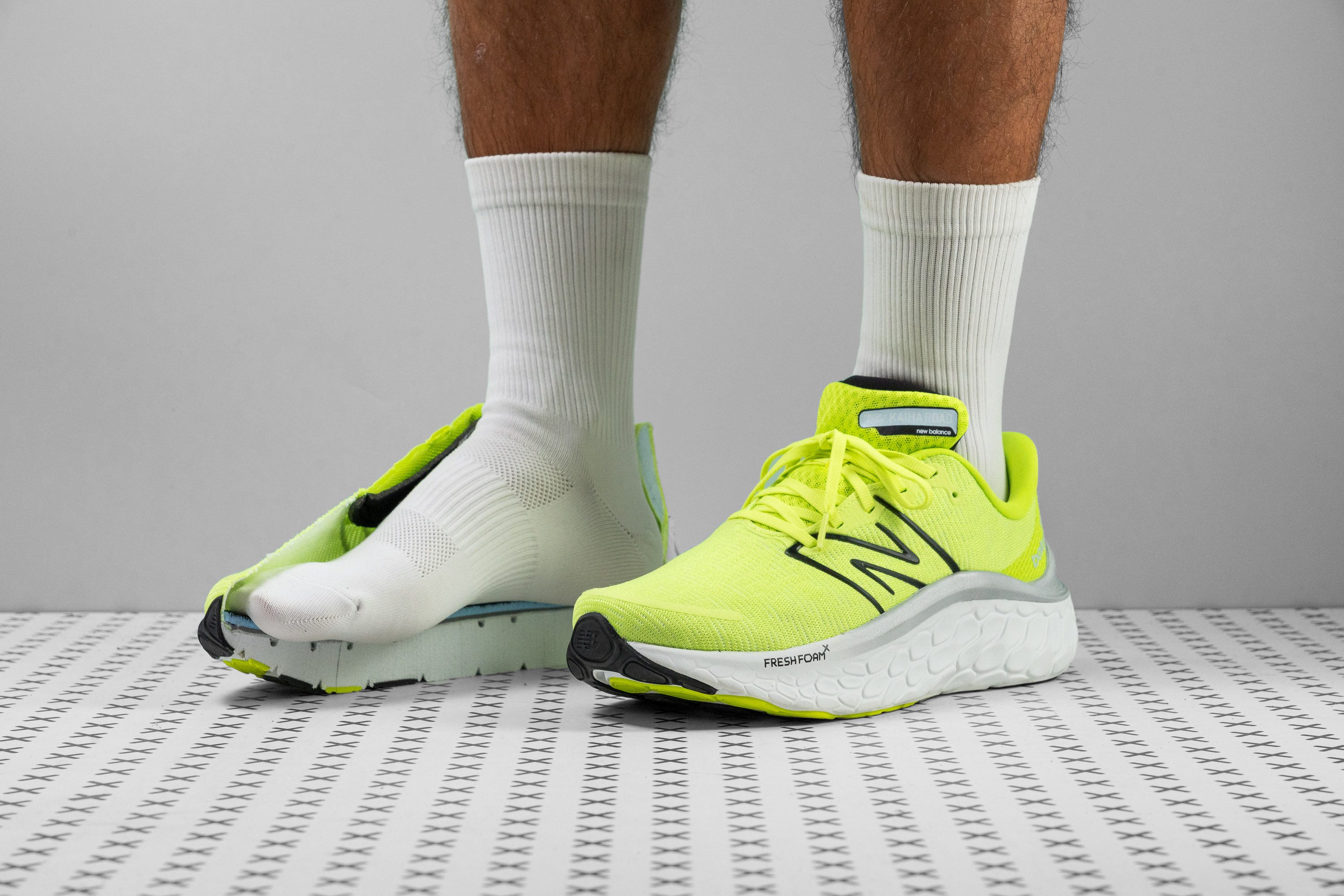











































What makes it the best?
The New Balance Fresh Foam X Kaiha Road offers endless comfort through its fatigue-reducing cushioning and breathable build. To keep things balanced, lab tests show it features a wide platform for our surefootedness. For all that it offers, its $85 price tag blew us away! With its 41.8% discount compared to the average running shoe, it’s our best budget pick for long distances.
The Fresh Foam makes up the heart of the Kaiha Road, offering high levels of shock absorption, specifically 132 SA in the heel and 124 SA in the forefoot. Moreover, we measured a protective stack height of 35.8/32.0 mm, the forefoot being significantly above the 26.1 mm average.
Its well-ventilated upper boosts comfort during the latter miles of our runs, ensuring we won’t have to deal with blisters or sweat build-up. In our smoke test, a steady stream of vapor could escape, so we gave it a solid 4/5 breathability score.
When our feet start to get tired, the broad platform assures us we won’t lose our balance. With a width of 119.2/100.1 mm, it offers enough space for us to plant our feet securely.
With its minimal 3.8 mm drop, it’s most ideal for midfoot and forefoot strikers. Besides heel strikers, we also can’t recommend this pair to runners dealing with ankle, Achilles, or calf issues.
Pros
- Marshmallowy plush cushioning
- Great for recovery days
- Extremely flexible and forgiving
- Rockered midsole for smooth transitions
- Above average breathability
- Excellent performance in cold conditions
- Provides good stability
- Ideal for long runs
- Accommodating toebox
Cons
- Lacking in upper durability
- Needs some breaking in
How to choose the best long-distance running shoes
Be it a long weekend run or a marathon race, you must have the right type of footwear to keep you comfortable and determined to keep going.
In this guide, we cover shoes that are suitable for distances of 10 kilometers and longer. We will help you choose the most suitable pair of running shoes considering:
- the type of terrain you run on
- your pace and running goals
- your foot striking pattern
- your pronation type
- your foot shape and size, among other factors.
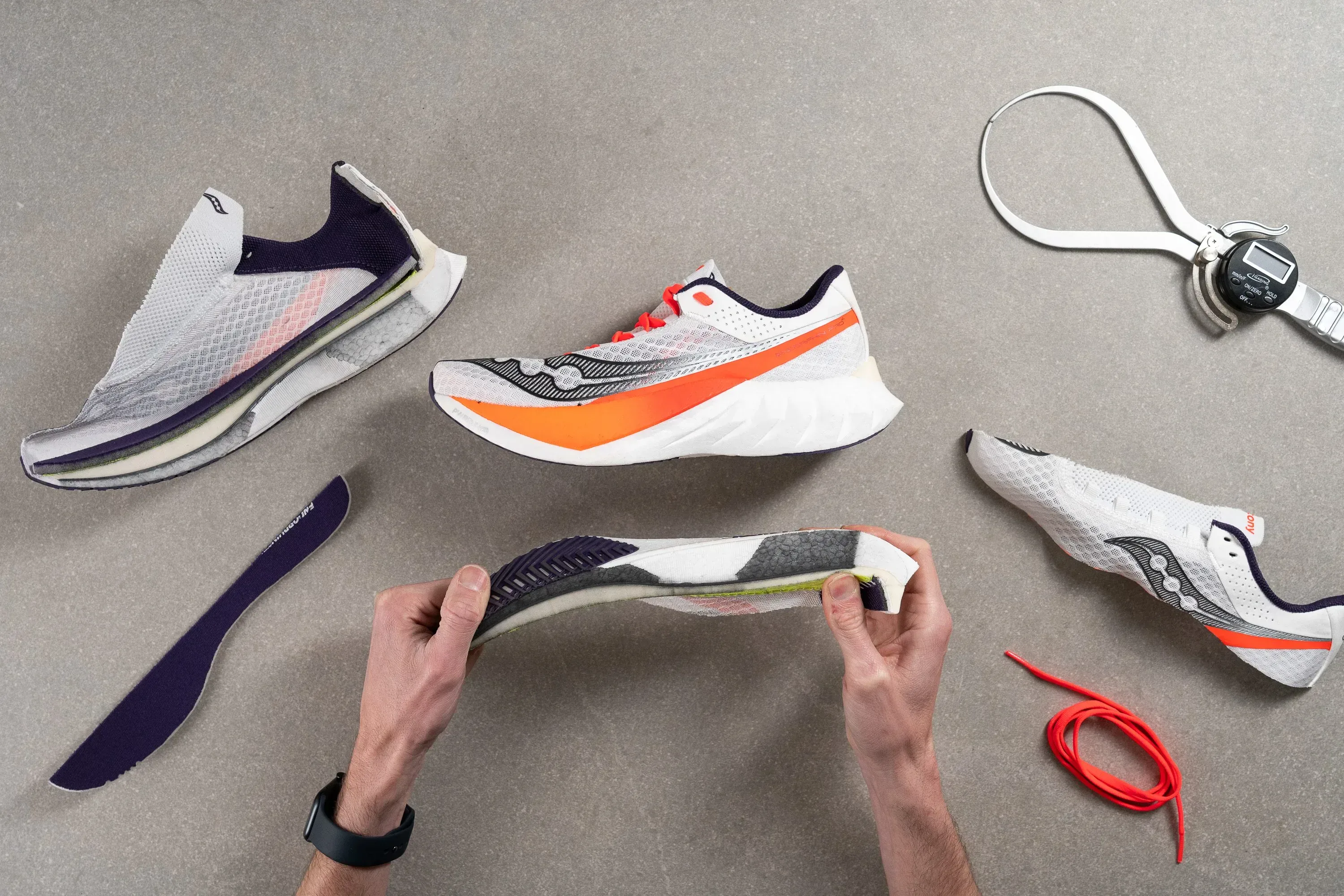
Long-distance running shoes for roads and trails
Road shoes
About 70% of all long-distance running shoes are meant for surfaces like asphalt, pavement, and tarmac. This is the go-to choice for both casual and competitive runners.
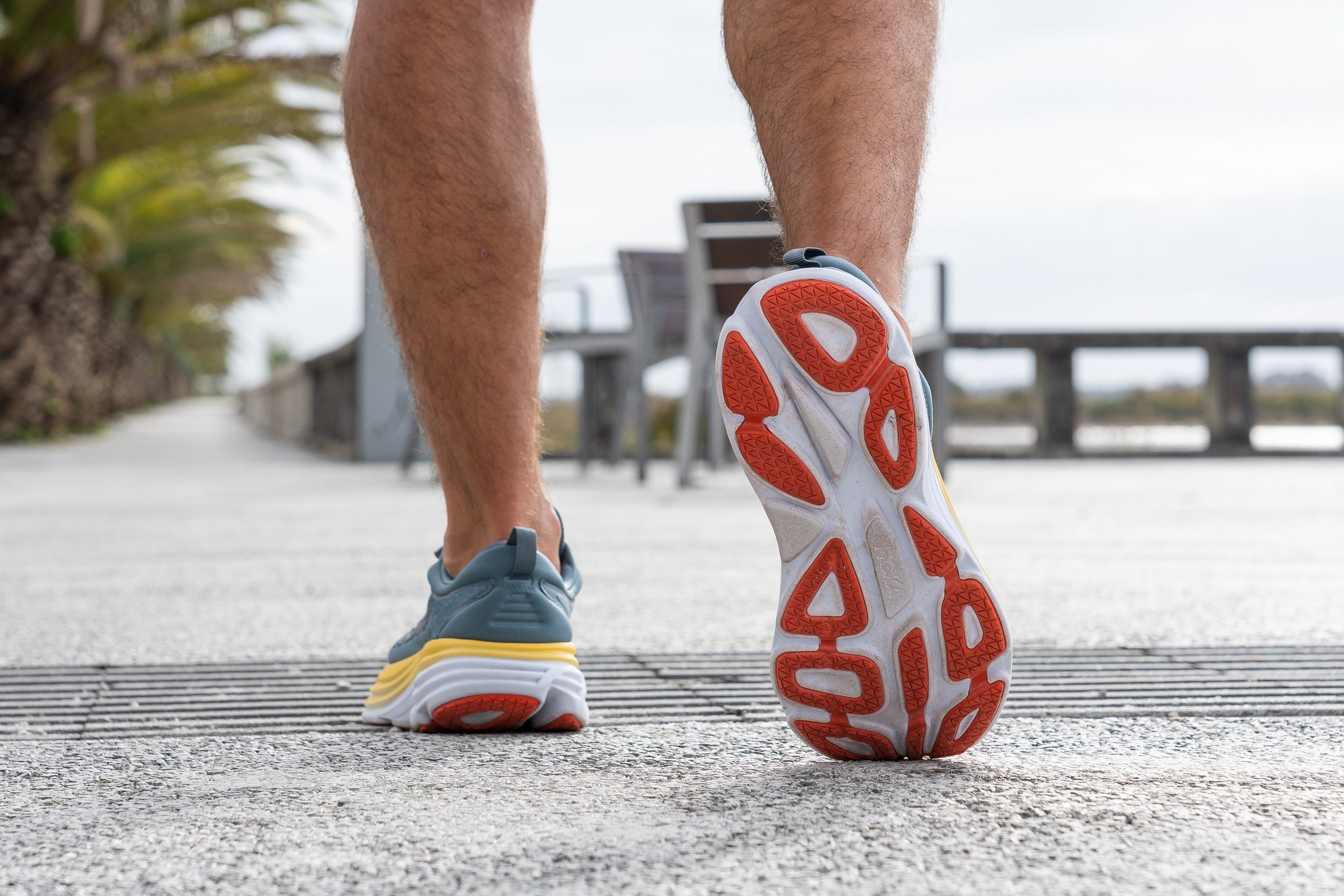
Trail shoes
If you plan to brave a single track in the mountains, forests, or the countryside, you definitely need a trail shoe. It is also a perfect option for power hiking and speed hiking.
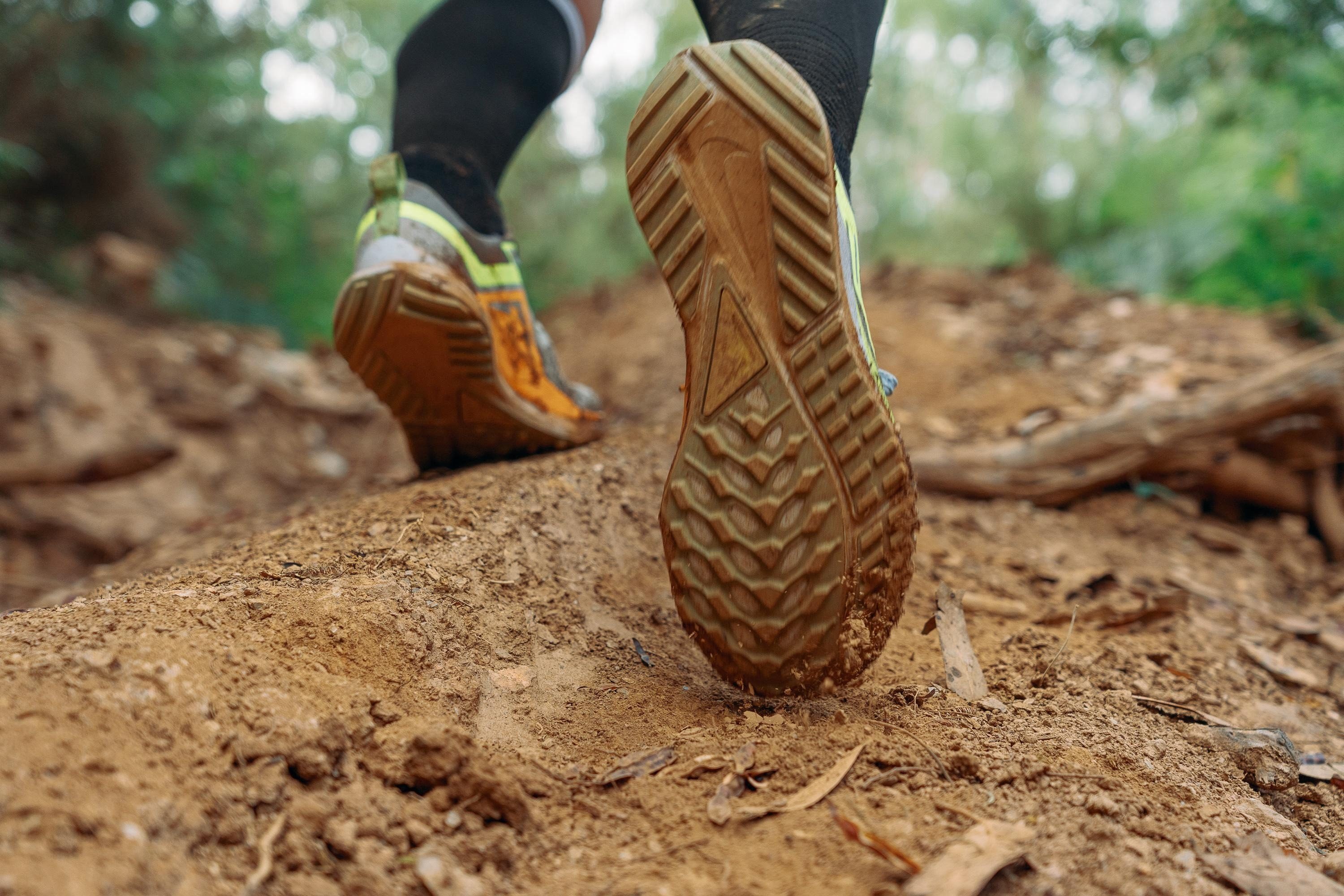
Here is what makes trail shoes better for the great outdoors than their road counterparts:
- better reinforced uppers with larger toe bumpers and thicker protective overlays
- thicker and more hard-hearing outsoles (3.2 mm on average)
- deep lugs (up to 6.0 mm) and better traction to bite raw ground, mud, slippery roots, rocks, etc.
- rock plates (in some shoes) to protect the foot from stepping onto sharp rocks
For extra soft and muddy terrain, make sure that you’re getting at least 4.0 mm of lug depth in your running shoes:
Hybrid shoes
Some models fall in between road and trail shoes. They can be recognized by shallower lugs (3.5 mm or less) which don’t hurt the foot on the road but still offer good grip on the trails.
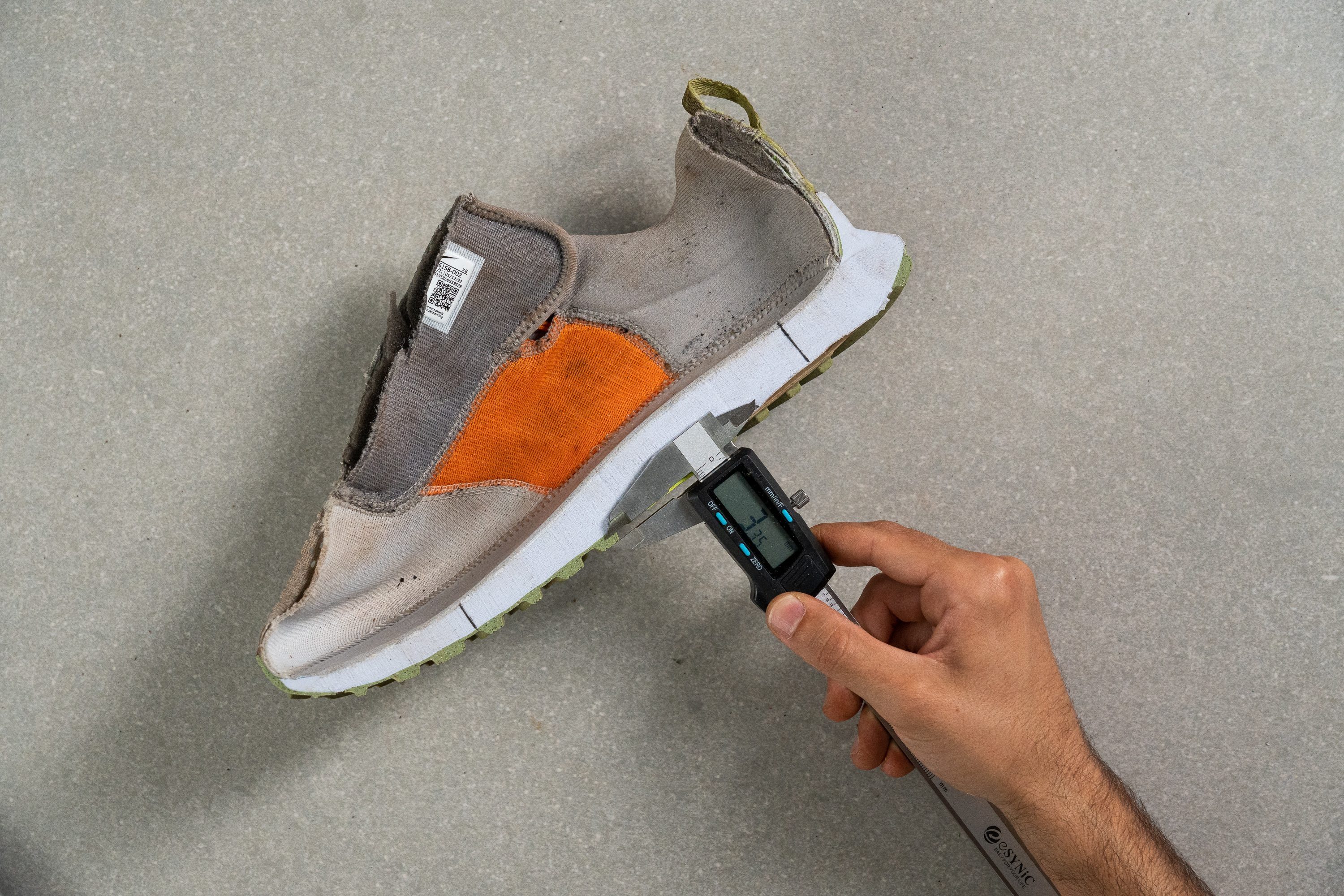
You should consider a hybrid shoe if:
- you mostly run on light, hard-packed trails or double tracks with small stones
- you mix running on both roads and trails
Daily running shoes for long distances
To clock at least 10 km on your long-awaited weekend run, you must have the best cushioning and comfort underfoot to keep you going that far.
Be it your regular running pace or a slow recovery run, you will benefit from softer and thicker cushioning.
The average heel stack of long-distance training shoes hovers around 34 mm, ranging from 30 to 40 mm in most shoes.
Here is the overview of heel stacks in the most popular daily trainers:
Your feet will also thank you for choosing cushioning with better shock absorption on longer distances because such shoes provide better impact protection, keeping your feet and knees safe.

The problem with daily trainers, however, is that they typically put comfort and durability above all else, including weight. We found that 65% of long-distance trainers weigh 270g or more, which is heavier than the average of running shoes.
But if you prefer to pick up the pace on your long runs or simply don’t like to feel dragged down, you might enjoy these lighter daily trainers for long distances:
Race shoes for long distances
When timing and competition are involved, you need to look for more than just comfortable cushioning. Your race shoe becomes the most important piece of equipment for using your energy efficiently over a long distance.
A good long-distance race shoe must have several characteristics to help you succeed:
- lightweight build
- sufficient cushioning
- highly responsive foam
- propulsive ride (through carbon plates, rockers, air units, etc.)
- perfectly-fitting, breathable upper
We put every single race shoe through meticulous tests in our lab to find which ones live up to all these parameters.
That involves cutting shoes in half to measure stack, drop, and midsole softness as well as checking the carbon plate placement. We weigh each shoe in the same men’s US size 9 for consistency.
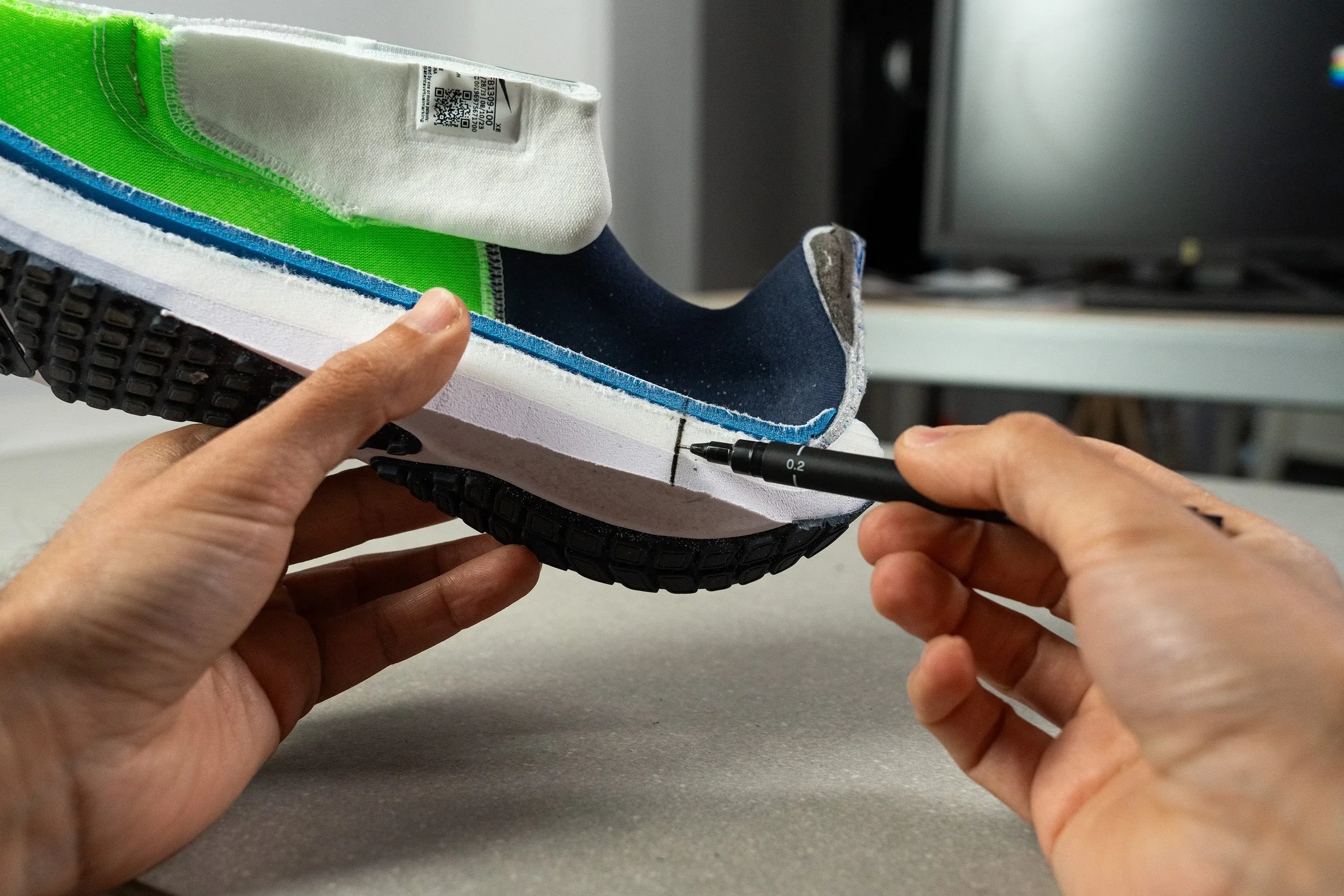
Based on our tests, measurements, and personal experience, we have come up with the best race shoes for every distance:
10K
We recommend choosing very light shoes (8 oz/230g) or less for this distance. You can even use a speed trainer/tempo shoe for this race but it must have at least 25 mm of heel stack.
Half-marathon/Marathon
To handle such long distances you will need more cushioning (at least 30 mm of heel stack). Even though extra cushioning makes half-marathon/marathon shoes slightly heavier (up to 9.5 oz/270g) it’s a fair trade-off considering the benefits.
But it’s not just any cushioning. The foams used for these race shoes are commonly referred to as “super foams” because they show an incredible energy return of up to 80-95%! Each brand has its own variation of a super foam but what they all have in common is the PEBA compound.
These days, every long-distance race shoe comes with a stiff carbon plate to propel you forward. Multiple studies have shown that carbon-plated shoes improve running economy by up to 4%.
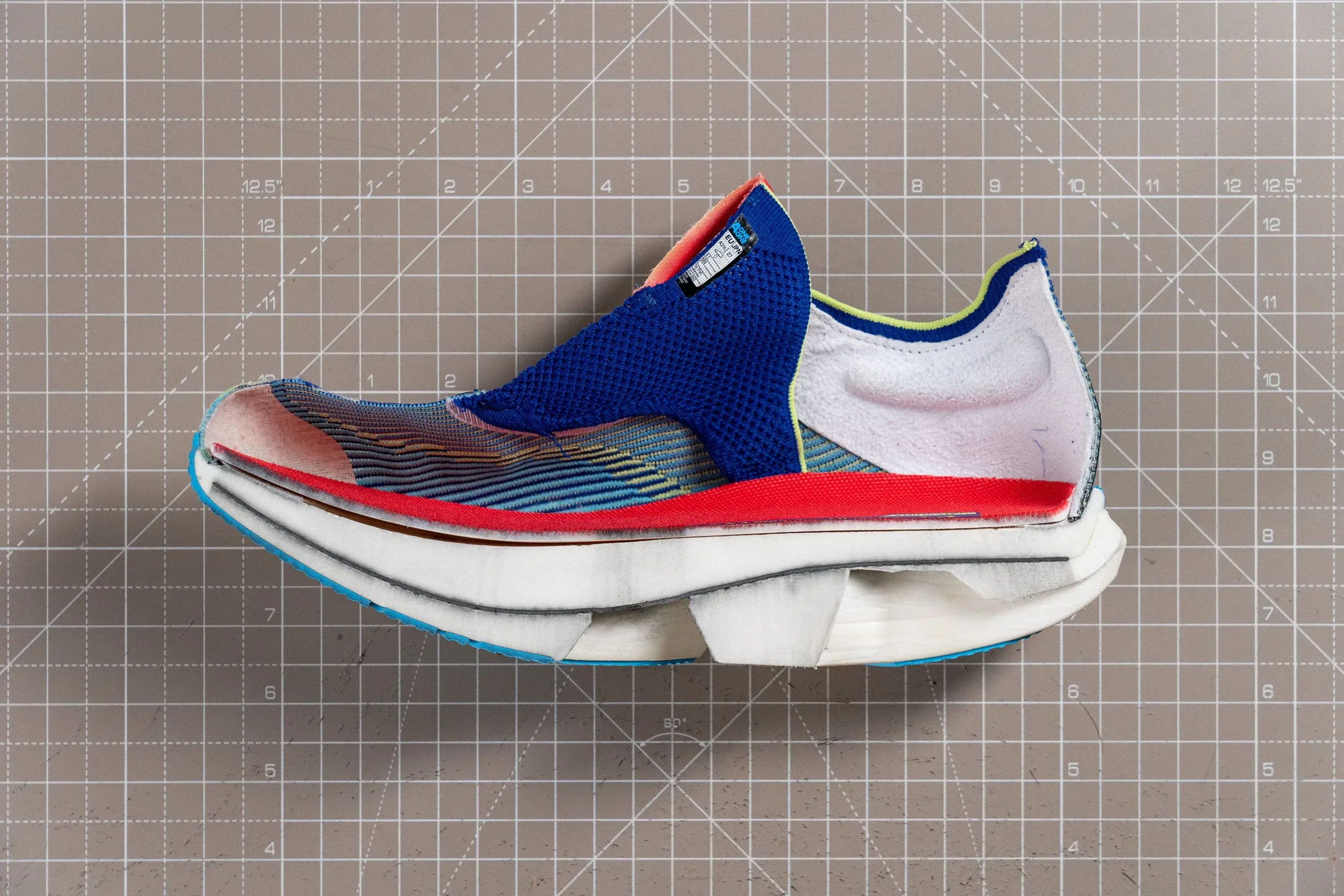
You will also find that long-distance race shoes often have a rockered shape. Research shows that this shape mimics the natural foot curves reducing pressure on the ankles and toes. It also encourages faster heel-to-toe transitions and feels much more fun to run in.
Ultra
Ultra refers to a race where the distance exceeds a marathon (26.2 miles/42.2 kilometers). Official ultramarathons typically begin at the 50 km distance and go up to 200 miles or even more.
Most of the time, these races take place on trails in the forests, mountains, or even deserts and often cover mixed terrain. That’s why lugged and protective trail shoes are often the top choice.
A perfect ultra-running shoe will have:
- at least 30 mm of heel stack
- pronounced lugs (2.5 to 5 mm)
- durable upper and outsole
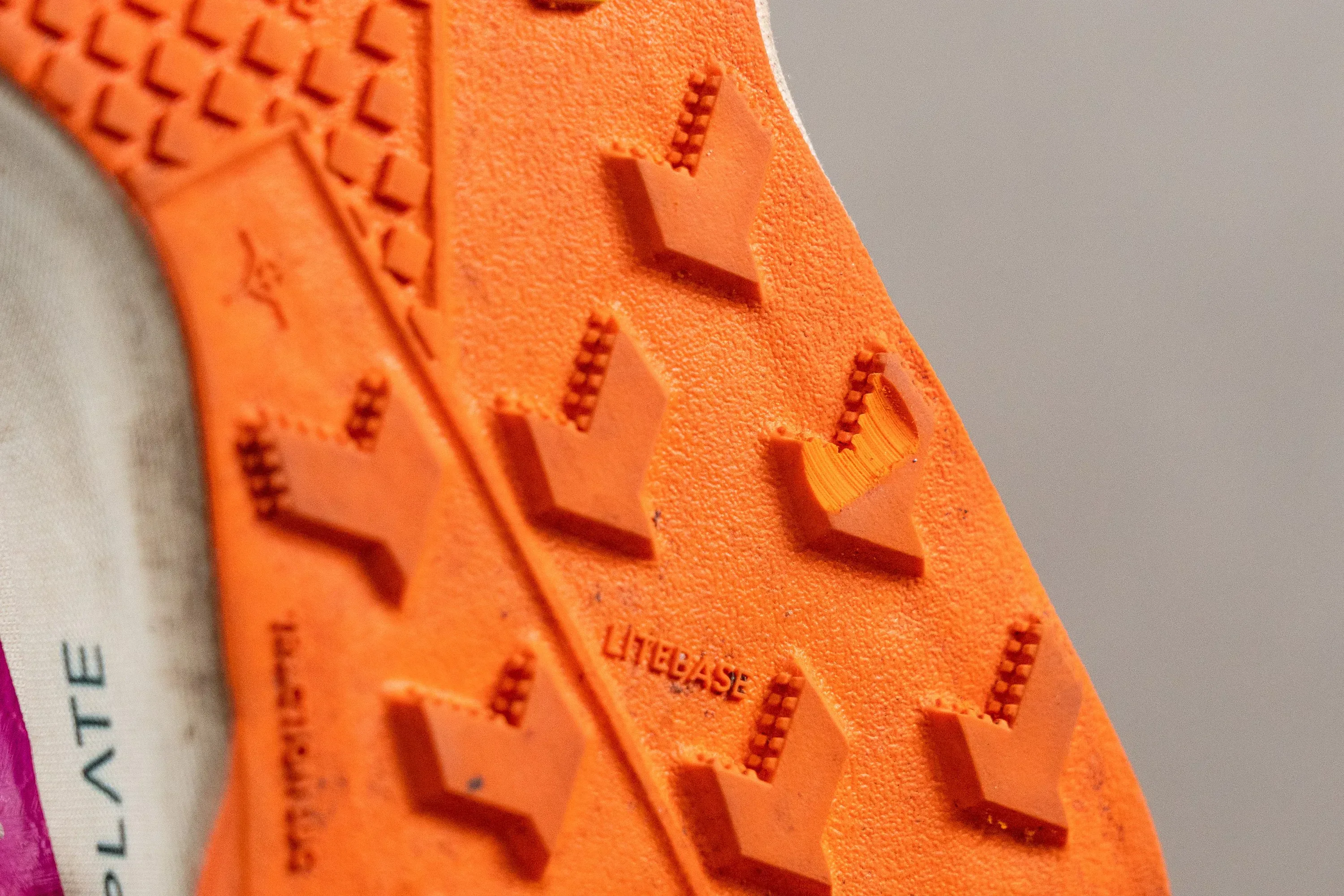
Some shoes also feature carbon plates for added propulsion on harder and more even terrain. Others will have a rock plate to protect the foot from stepping on sharp rocks, roots, and other debris.
Shock absorption in long-distance running shoes
While you may be able to handle running shoes with poor shock absorption at short distances, the longer the distance, the more you'll appreciate good shock absorption! It is crucial (together with energy return) to avoid feeling beaten up in the feet and legs.
Testing energy return and shock absorption following the golden standard: ASTM F1976-13
Good shock absorption means less stress is sent to the muscles, joints, and tendons.
Energy return in long-distance running shoes
Now that your legs are protected thanks to good shock absorption, let's talk about energy return. What this feature tells us is how bouncy or springy the midsole is after you've squished it at the landing. This is insanely important in race shoes, although important across all paces.

While shock absorption and energy return are not directly related (as we've thoroughly explained), it's best to check out both values at the same time when choosing a running shoe for long distances.
Heel-to-toe drop in long-distance running shoes
Drop refers to the difference in height between the shoe’s heel stack and forefoot stack. It shows how much the heel is elevated above the toes inside the shoe.
Can you see the difference between a low-drop shoe and a high-drop shoe?
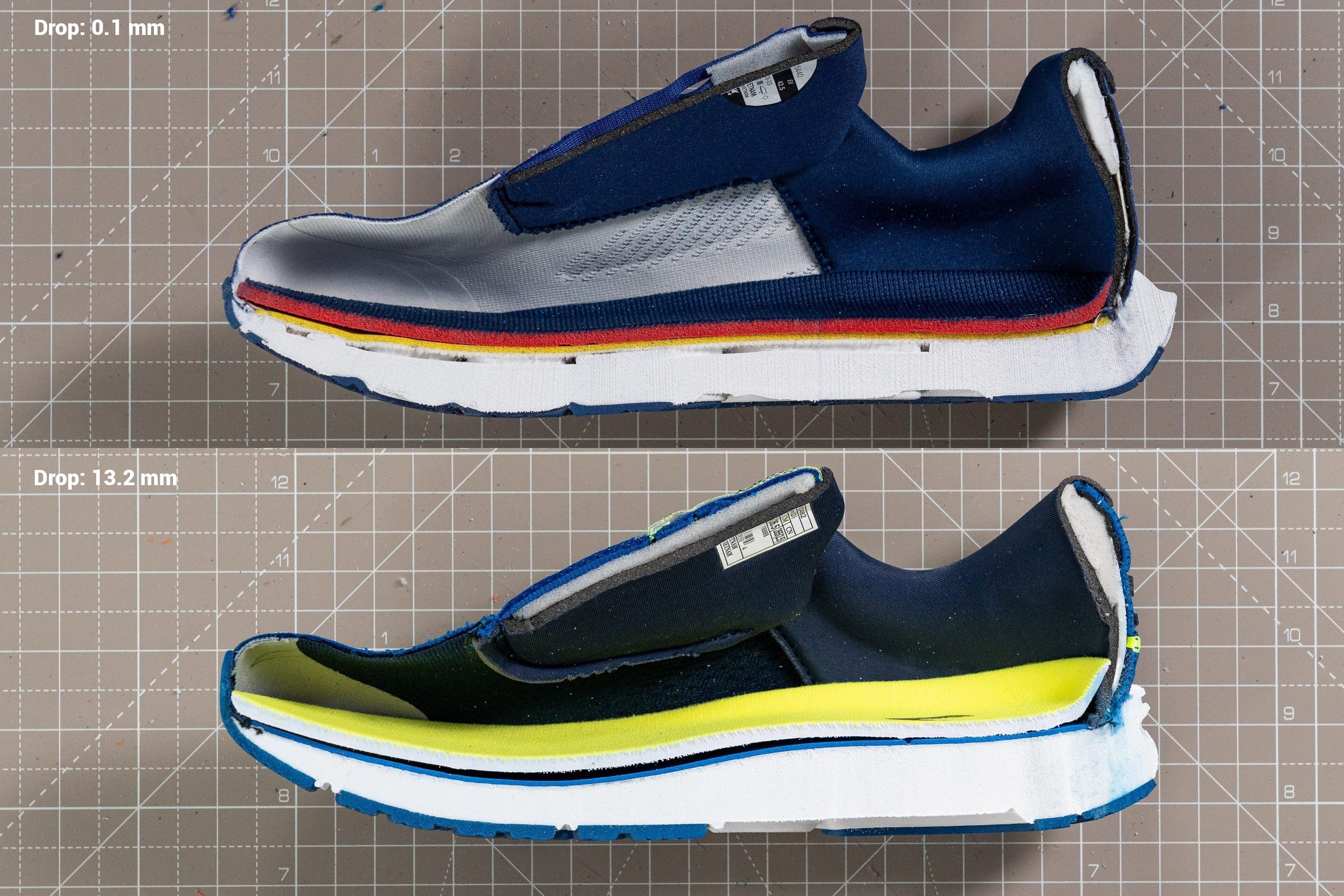
If you are a beginner runner, don’t worry about the heel drop as much. About 90% of runners feel comfortable in a shoe with an 8-12 mm drop. Most long-distance running shoes on the market have a drop of at least 8 mm.
The higher drop (8 mm or more) is more beneficial for the heel-striking pattern (when your heels land first on the ground). It offers more cushioning in the rearfoot and doesn’t put stress on your ankles and Achilles.
It is often the go-to choice for long-distance runs because even runners who strike with their forefoot/midfoot first, tend to fall back on the heels more as they get tired.
Even such an acclaimed long-distance race shoe as the Nike Alphafly increased its heel drop from 4.7 mm (in version 2) up to 8.5 mm (in version 3)! Apparently, to be more versatile for all running styles.
But if you are a dedicated forefoot/midfoot striker who is looking for a low-drop or even a zero-drop shoe, the options are still plenty.
Our guide on the heel-to-toe drop dives deeper into the benefits and precautions of different drops if you’d like to learn more.
Arch support in long-distance running shoes
Running distances beyond 10K can exacerbate health problems which may not be as apparent on shorter runs.
One of the very common foot problems is overpronation or excessive inward rolling of the foot.
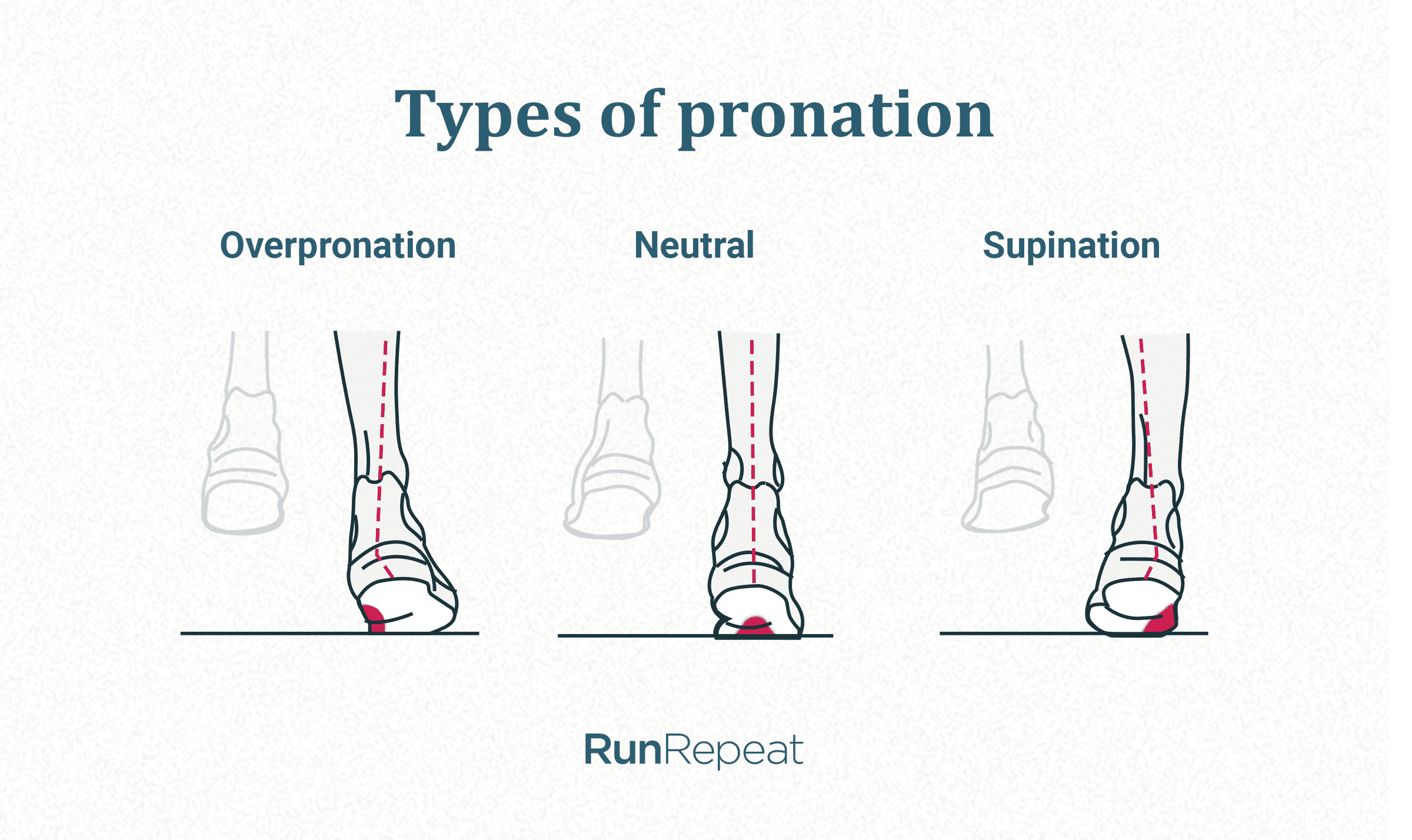
It often goes hand-in-hand with flat feet or low arches.
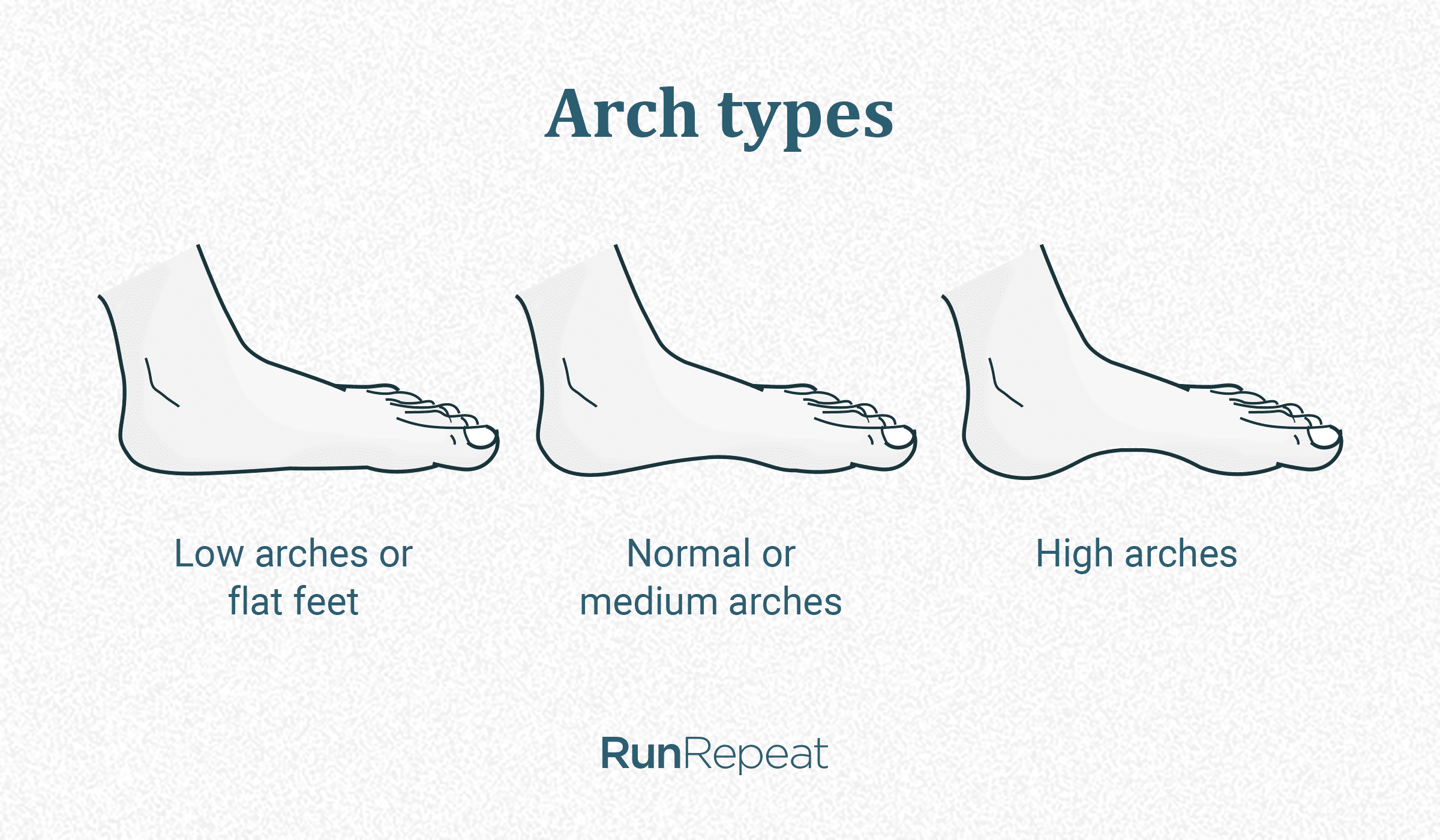
If you are not sure about your case, try doing this DIY wet test at home. You might as well check if your old running shoes wear out more on the inner side. That’s usually a sign of overpronation.
If you experience pain or discomfort, please do consult a podiatrist!
Flat feet and/or overpronation mess up the running form because your feet struggle to handle the impact naturally. This not only makes the stride less efficient but can also lead to an injury!
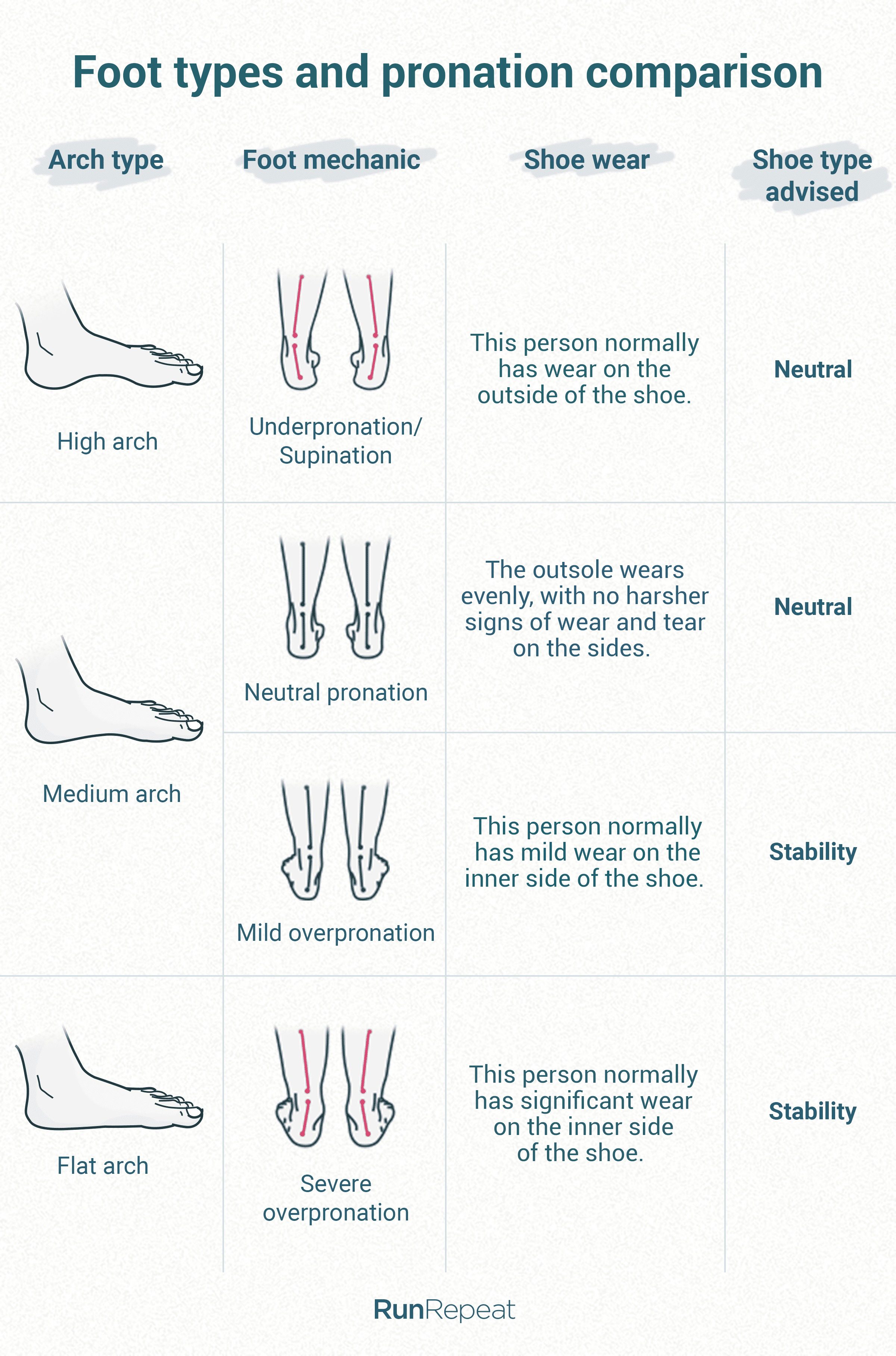
Having the right type of support, especially on a long-distance run, will help you avoid the negative consequences of these conditions.
Can you see the difference between a shoe without arch support and the one that has it?
Neutral shoe (no arch support)
Stability shoe (has arch support)
Stability shoes use additional components like shanks, firmer foams, stabilizing sidewalls, and other features to support the arch on the inner side (where it collapses) and keep the gait straight.
Even runners with healthy feet and neutral pronation sometimes reach for supportive shoes to help their feet rest on recovery runs.
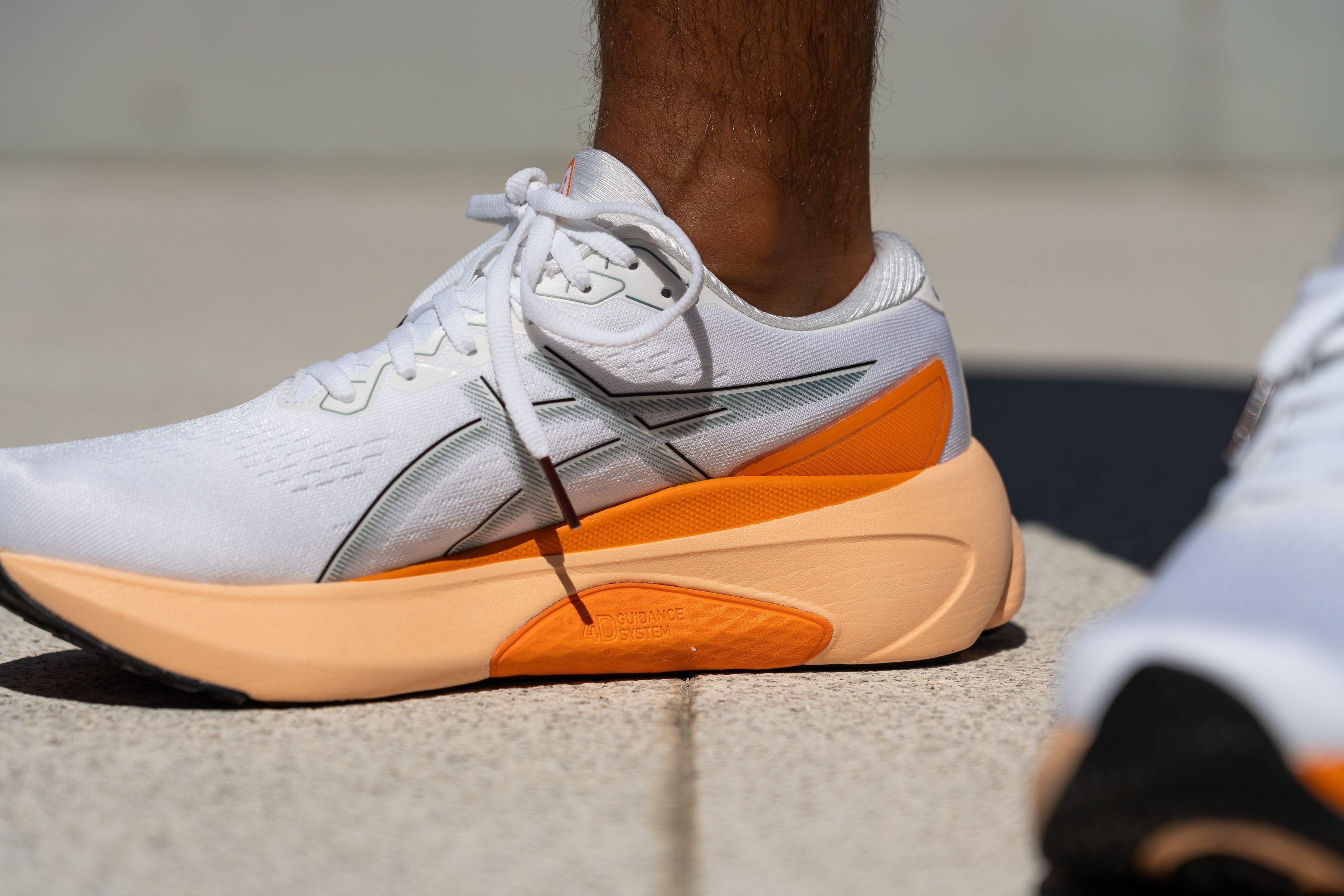
In our lab, we perform several tests to check the level of support in each shoe. The most stable ones have:
- higher torsional rigidity (hard to twist the shoe sideways and roll the ankle)
- stiffer and more structured heel counters (hold the heel and ankle firmly in place)
- wider platforms (lowers the risk of rolling the foot over the edge of the shoe)
Here is the overview of long-distance running shoes with the best arch support, based on our lab tests:
Torsional rigidity and heel counter stiffness are assessed manually on a 1-5 scale, where 5 is the stiffest (most supportive).
Torsional rigidity test
Get the right size and fit
Even if you get a shoe with the best cushioning and support imaginable, it can all be ruined by a poorly fitting upper.
Getting the right size in a running shoe is tricky enough as is. But it gets even more complicated on a long-distance run where your foot volume increases and requires more in-shoe space. Especially if you run in warmer temperatures.
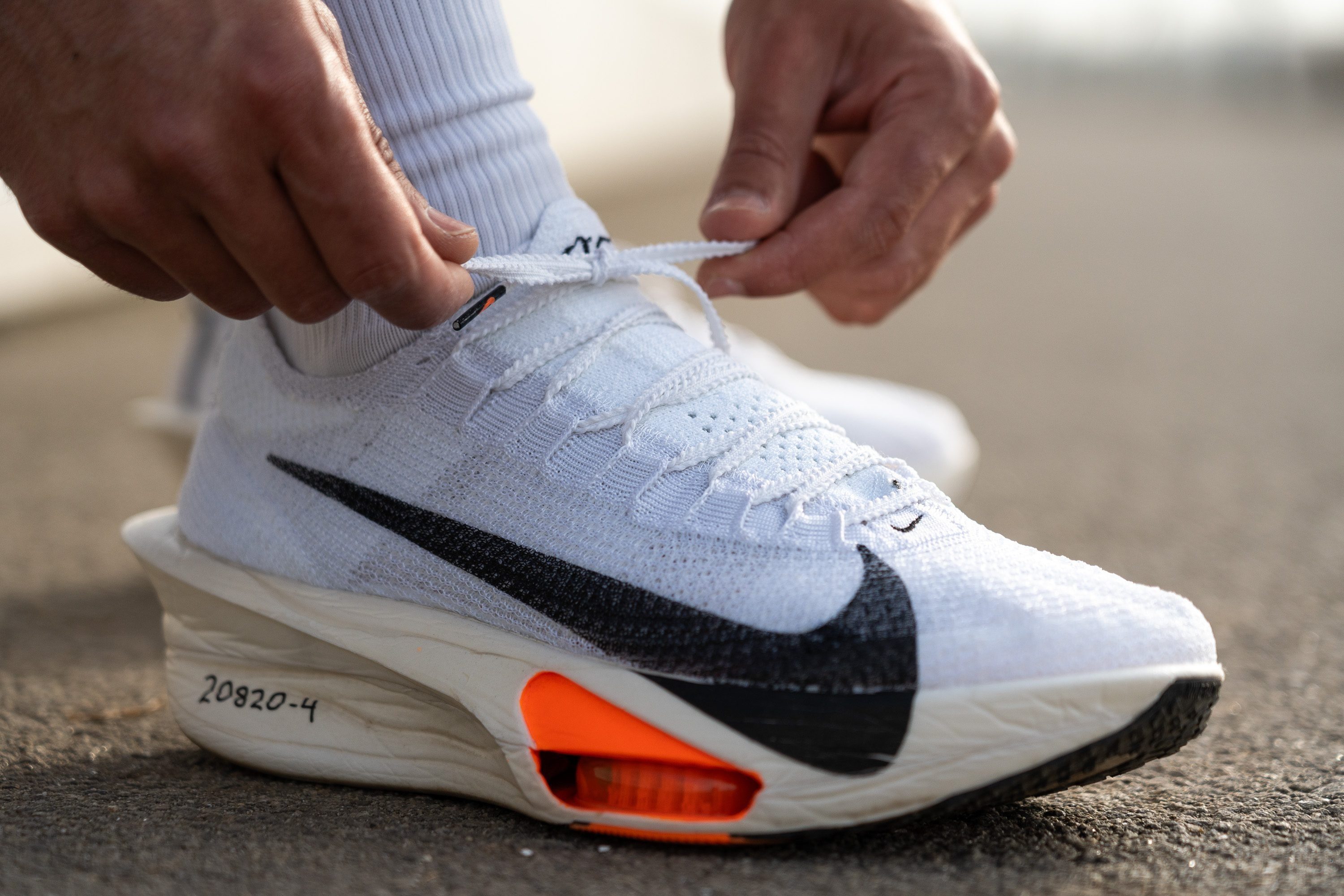
An ill-fitting shoe will not accommodate these changes which can result in hot spots, blisters, and can even impact your finish time in a race!
Here are a few guidelines to help you get the right size in a long-distance running shoe:
- measure your foot length precisely as our feet continue to grow and change even in adulthood
- check your foot length measurement with the brand’s official size chart
Trying the shoe in, make sure that:
- there is a thumbnail’s width gap between the longest toe and the front edge of the shoe (especially important for long-distance runs)
- there should be no pressure at all (check the rearfoot, the midfoot, and the toebox)
- there should be no bunching or loose sections
- the upper fabric should feel soft against the foot (no pinching)
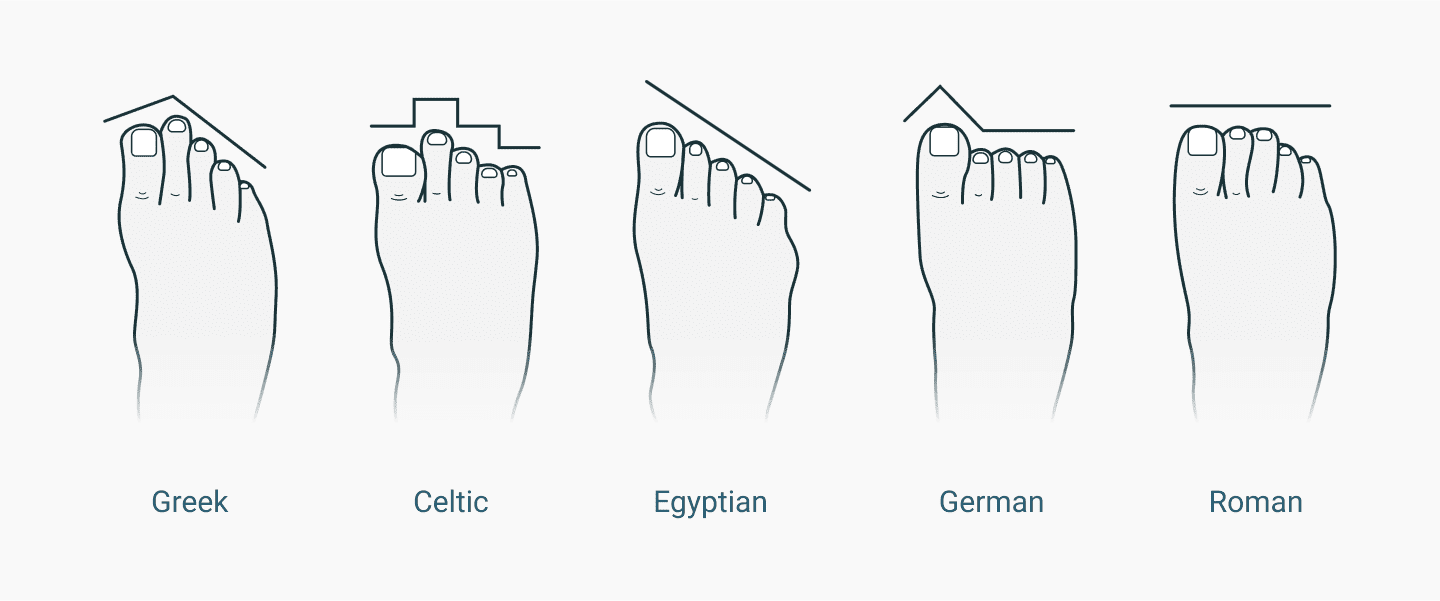
Your foot shape and width are equally important to consider. Bunions or any other foot deformities must be taken into account as well.
These days, runners are lucky to have a huge choice when it comes to shoe toeboxes. Even within one brand, you can find models with a narrower fit and shoes with a more spacious fit.
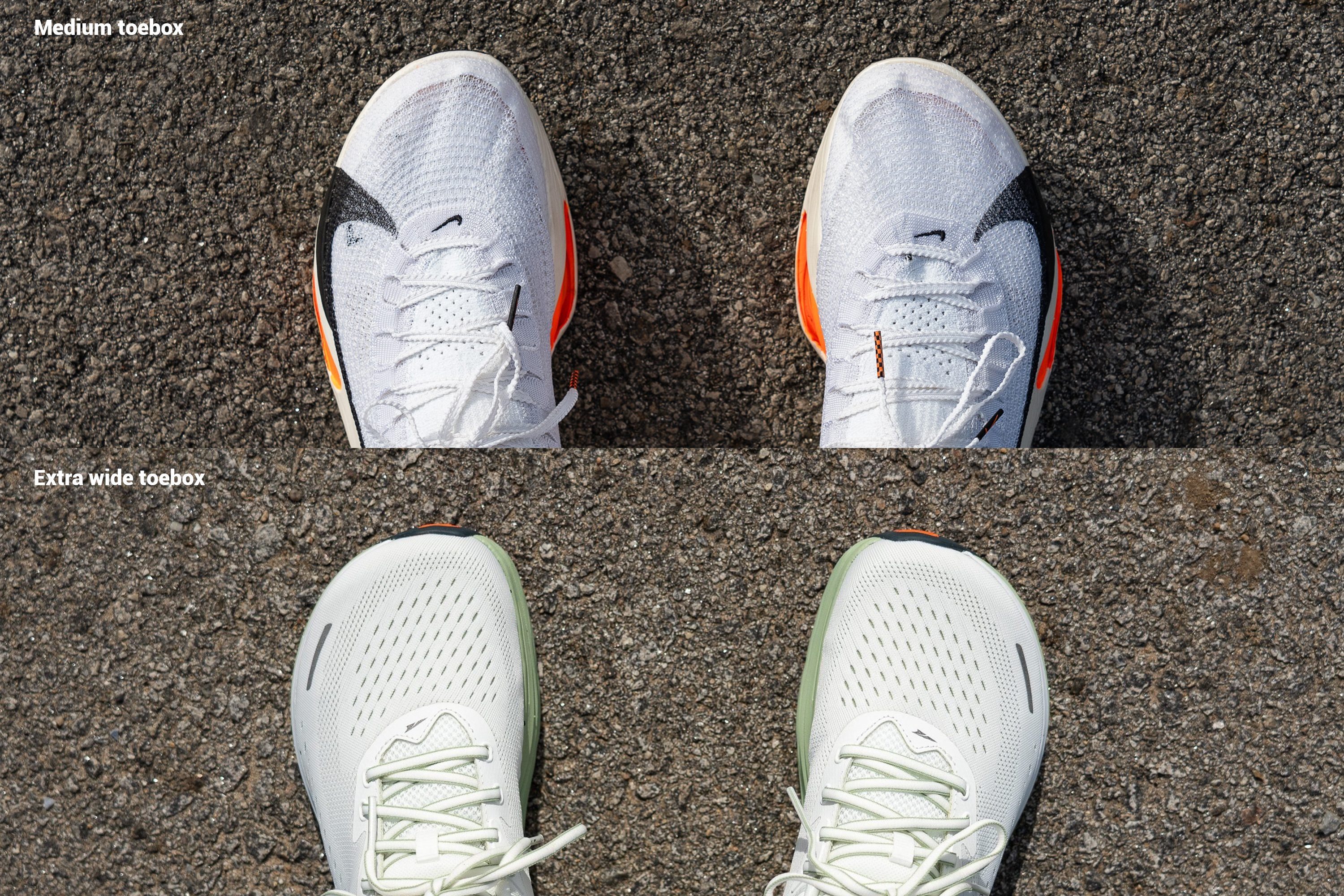
Some brands offer their running shoes in multiple widths, from narrow to 4E wide (Brooks, New Balance, ASICS, Hoka). Others are known for their extra spacious toeboxes even in the medium width (Altra, Topo Athletics).
Greek and Egyptian types of feet might appreciate a more tapered (pointy) profile, whereas Celtic, German, and Roman feet may benefit from a more rounded toebox shape.
In our lab, we pour a special gel into the shoe for it to fill the interior and set. Once it has hardened, we've got ourselves a gel mold that perfectly resembles the interiors of the shoe
Then, we can start measuring! We measure the width in 2 places.
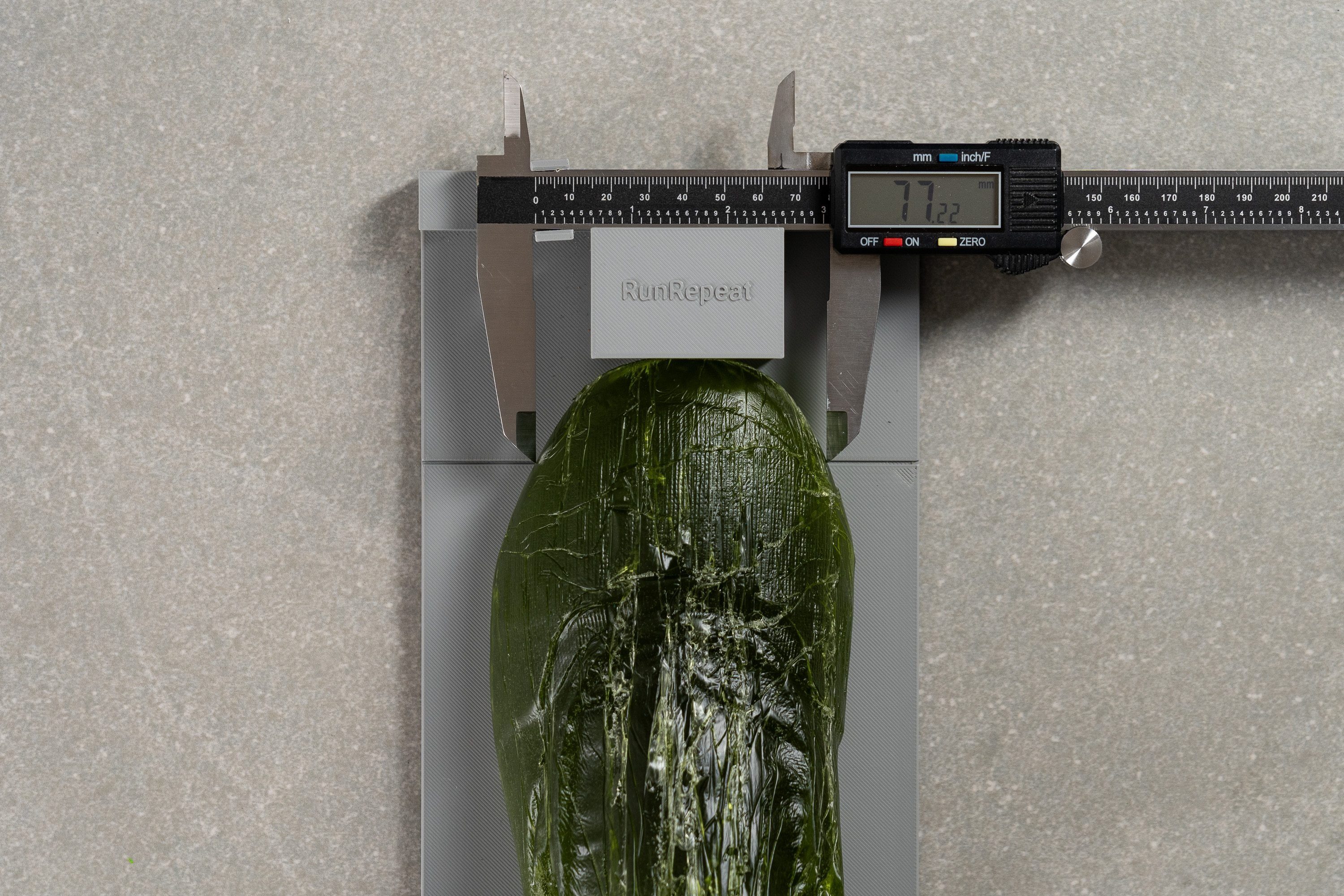
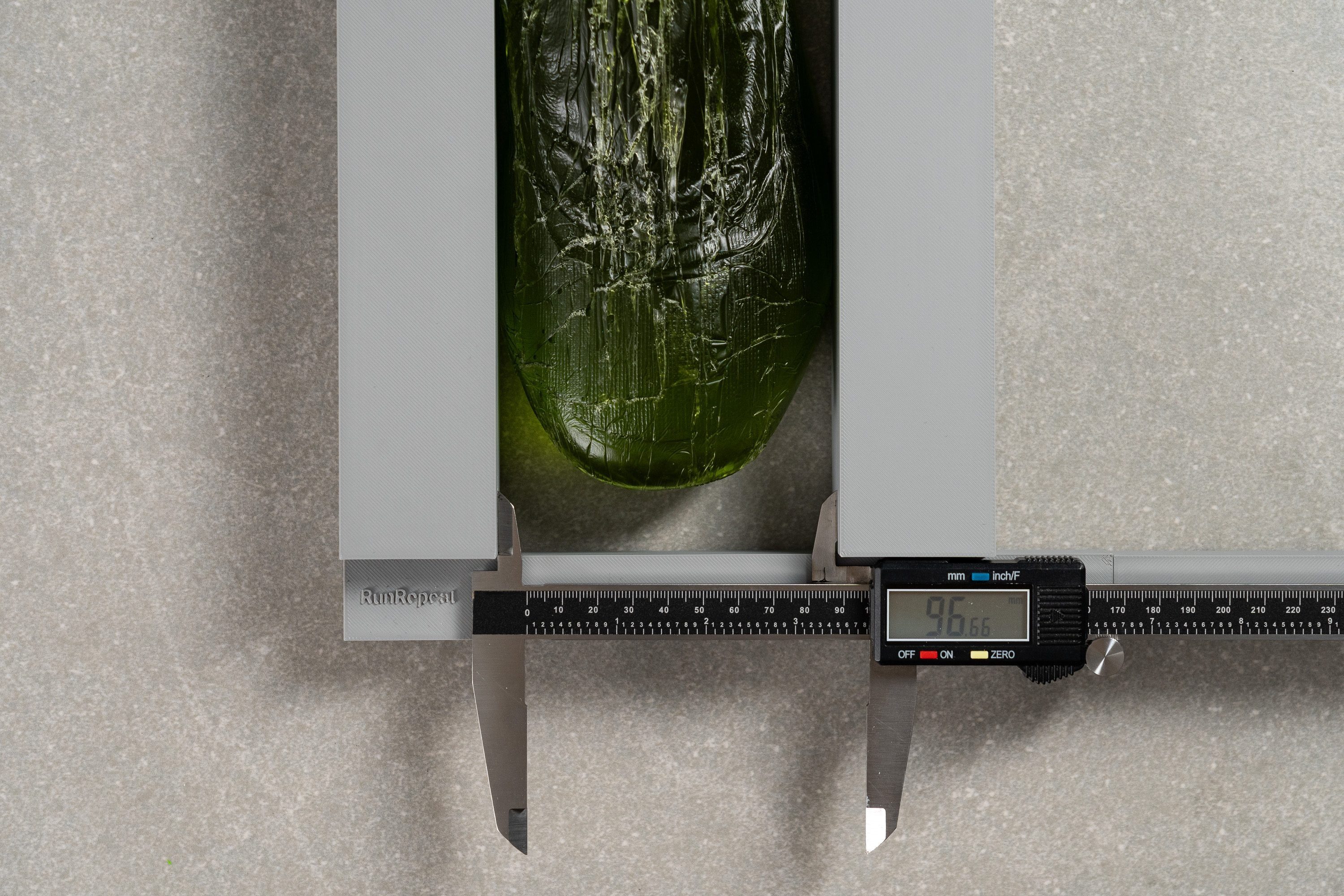
Plus, with this awesome gel mold, we can also measure the height of the toebox. A tight and low toebox may work for you on shorter runs, but putting up with an ill-fitting toebox on a long-distance run may end up in more discomfort. Think bleeding toenails, black toenails, etc.
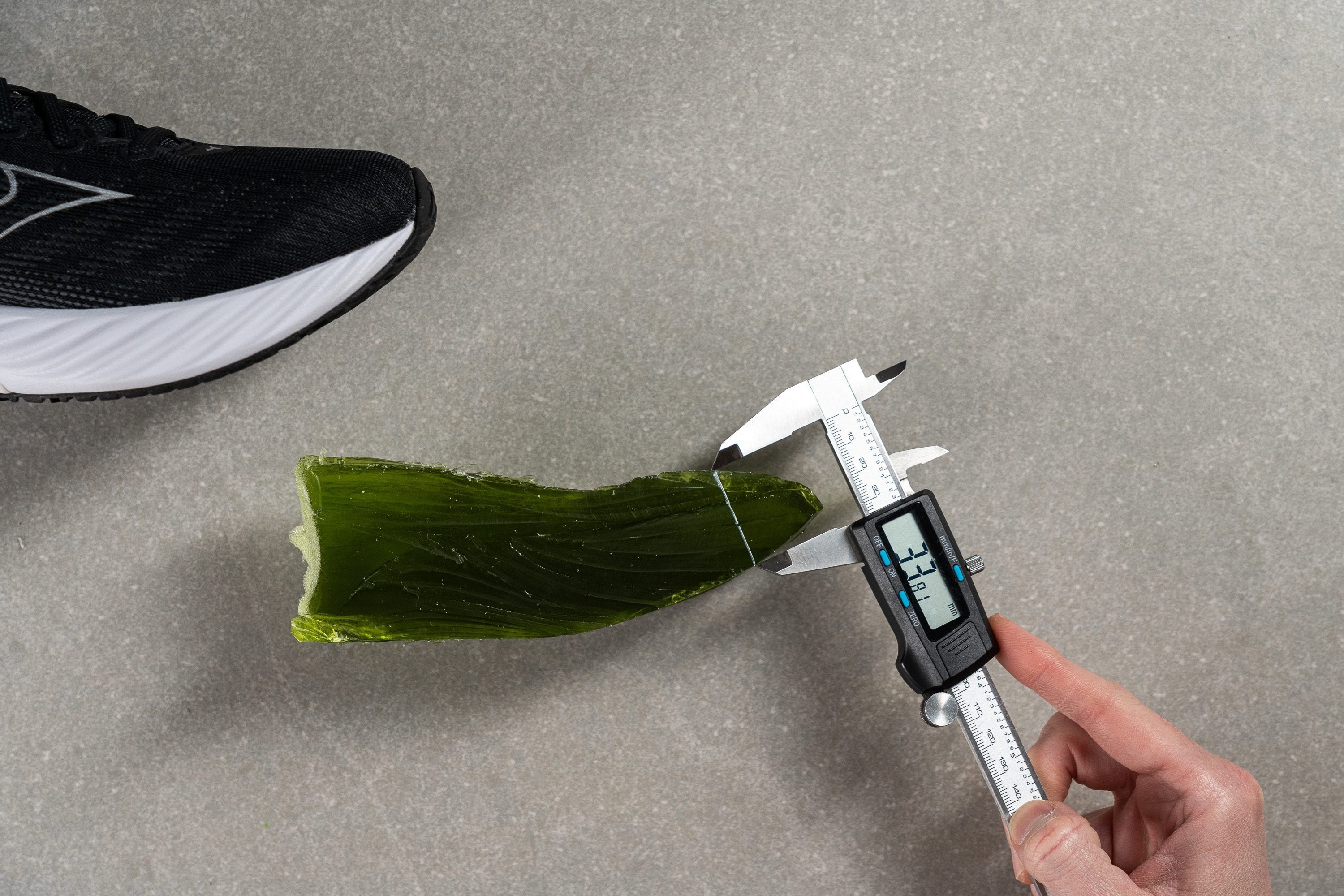
Nothing is more annoying than having to stop and readjust your shoe tongue or laces. Especially if you’re running a race and it compromises your finish time.
To avoid this nuisance, you may want to consider shoes with fully- or semi-gusseted tongues.
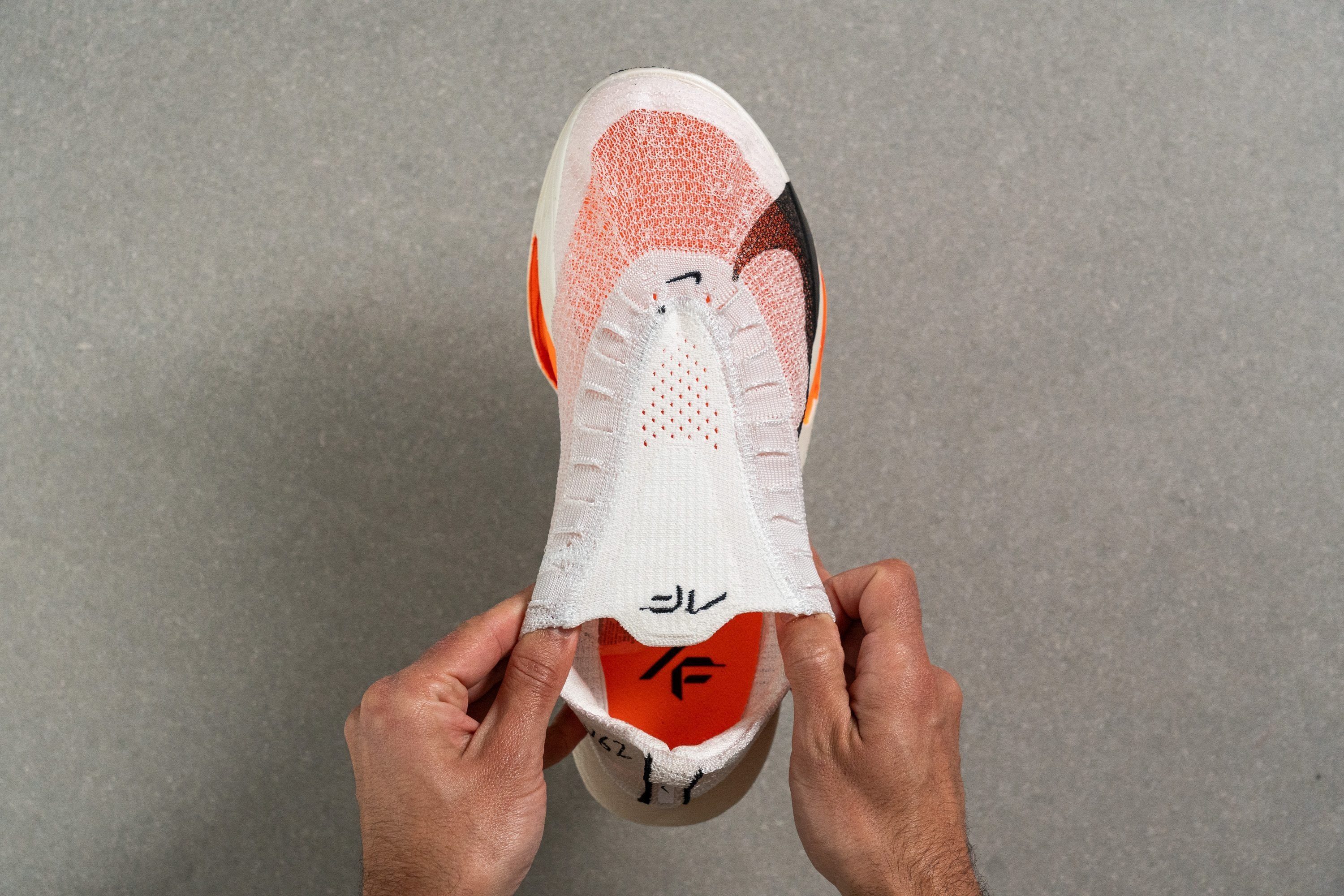
Attached to the upper on both sides, a gusseted tongue doesn’t shift around and makes the lockdown more secure as well.
Choose more breathable shoes for long distances
Another potential disruptor of your long-distance runs is the lack of airflow inside your running shoes. Especially if you run in a warm and humid climate.
The shoe’s upper must have plenty of ventilation holes that allow the heat to escape and fresh air to come in. Aside from keeping you comfortable, aerated uppers will prevent nasty things like hot spots, blisters, fungi, etc.
It is especially critical for distances that take several hours to complete and you don’t have the option to change shoes.
We perform several breathability tests on every long-distance shoe in our lab. In one of these tests, we pump smoke through the shoe’s upper to check how well it passes through the material. Each shoe then gets a score on a 1-5 scale, where 5 is the most breathable.
This is what a 5/5 breathability looks like (shoe on the left) compared to 1/5 (shoe on the right).
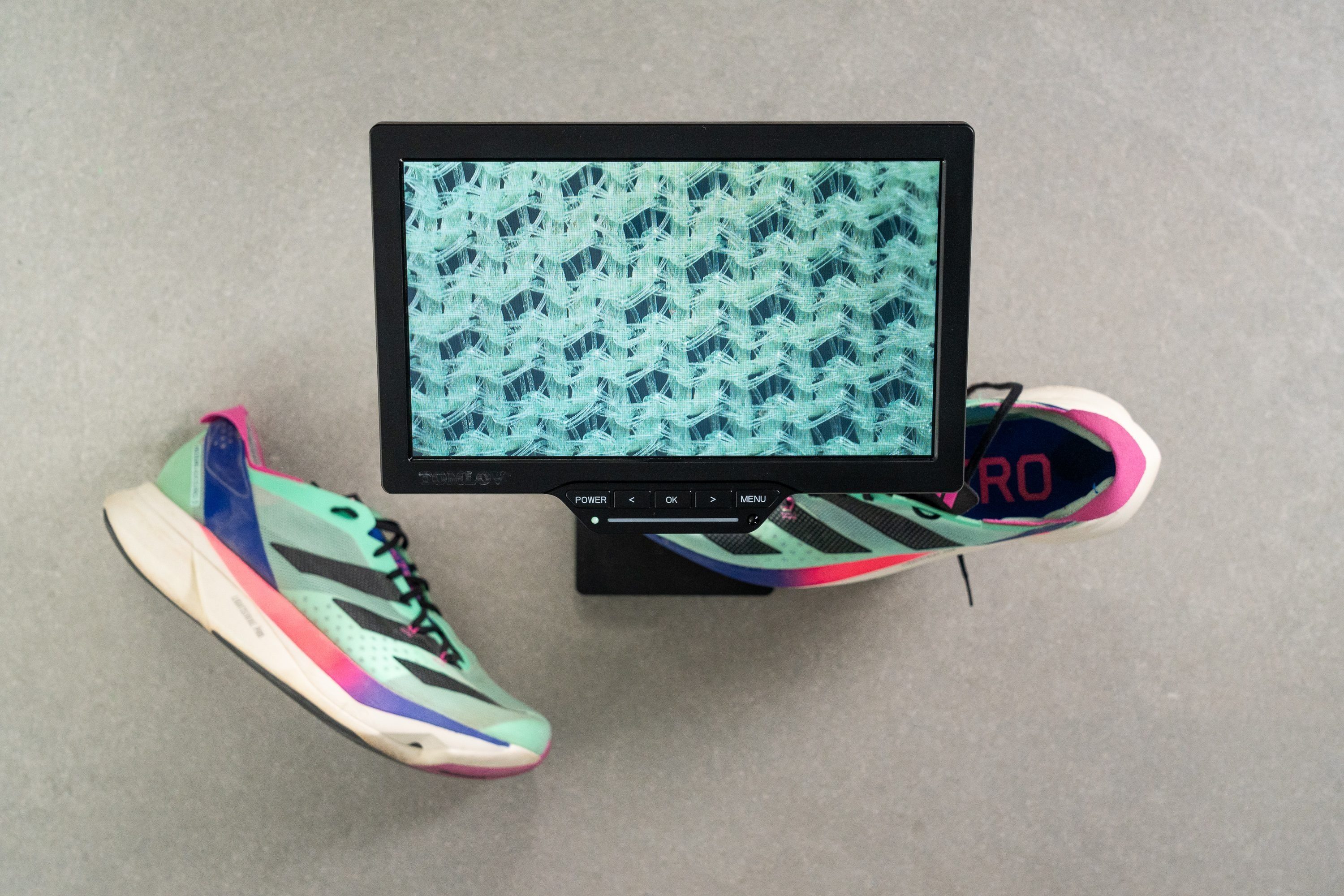
Breathable running shoes tend to have exceptionally thin and well-ventilated uppers. There is little-to-no padding inside these shoes which makes them even lighter and airier.
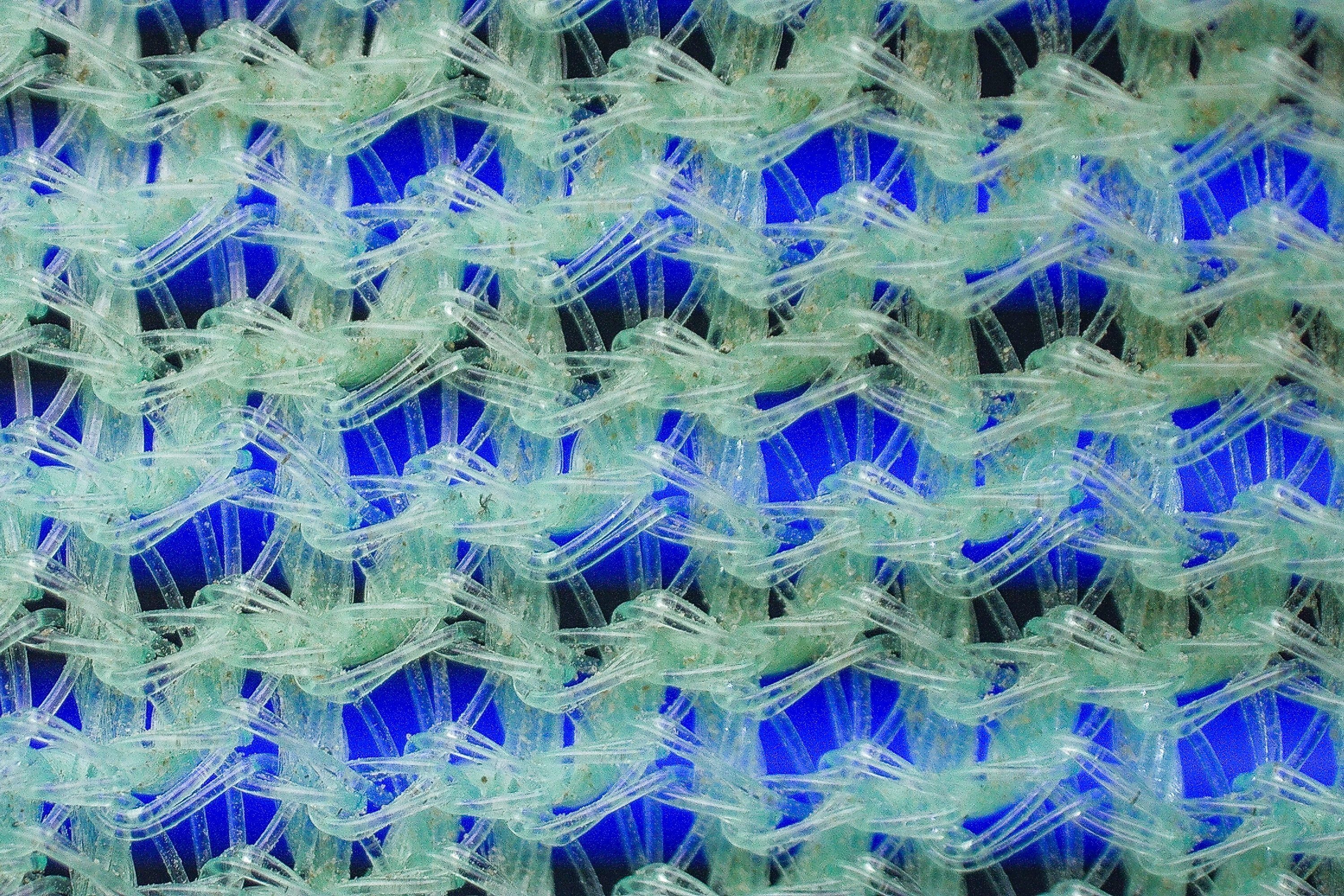
The good news is that 60% of long-distance running shoes have a high breathability score of 4 or 5, based on our lab findings.
Here are the most breathable long-distance running shoes for daily runs and races:
On a 1-5 scale, 5 stands for the most breathable in our lab.
Durability of long-distance running shoes
Long-distance running takes a huge toll on running shoes. So much so that some race shoes can only handle one single marathon (i.e. Adidas Adios Pro Evo 1).
That’s why shoes for long-distance runs are equipped with exceptionally hard-wearing rubber outsoles and sometimes even reinforced uppers.
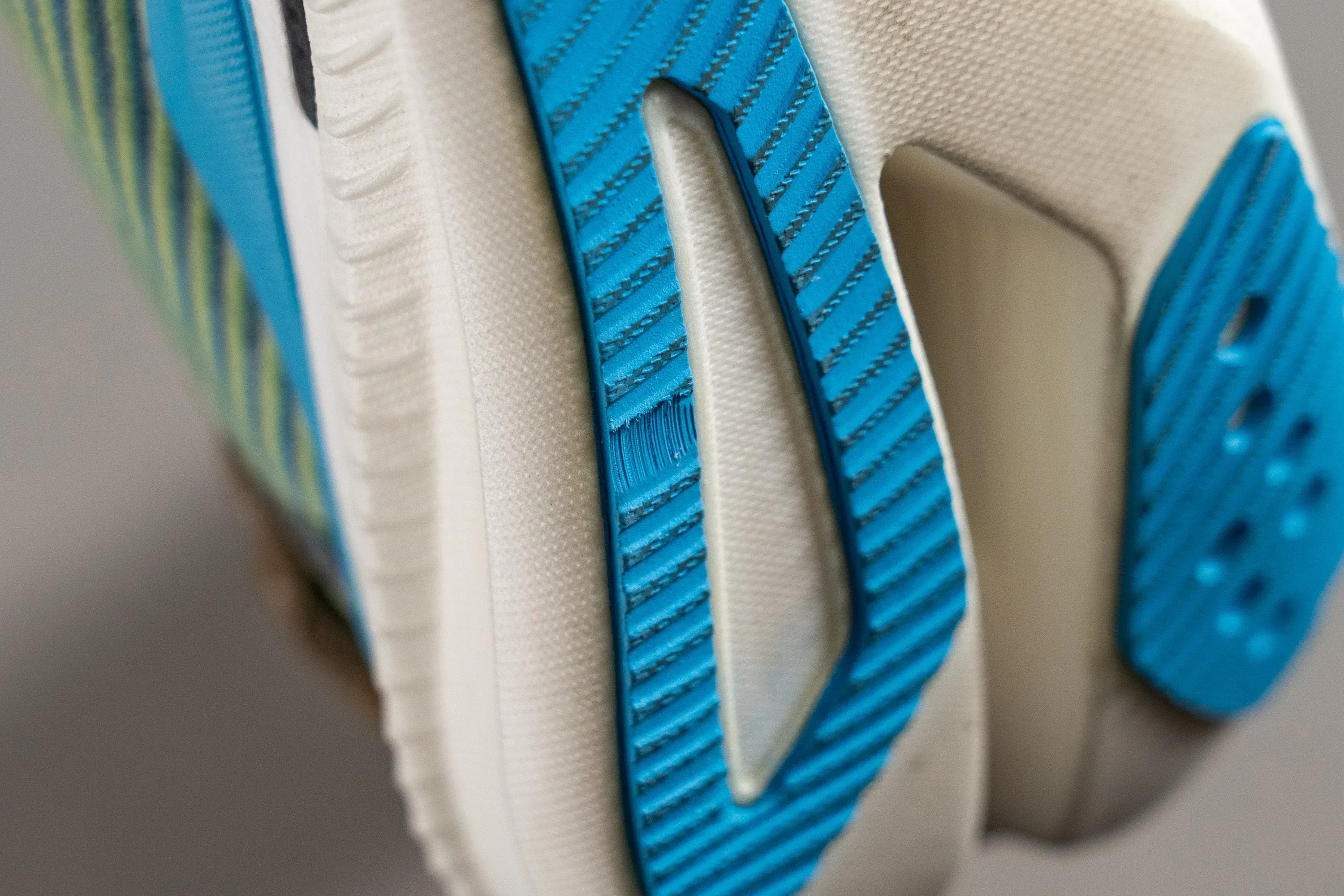
We use a Dremel with a sandpaper tip to check the durability of each one.
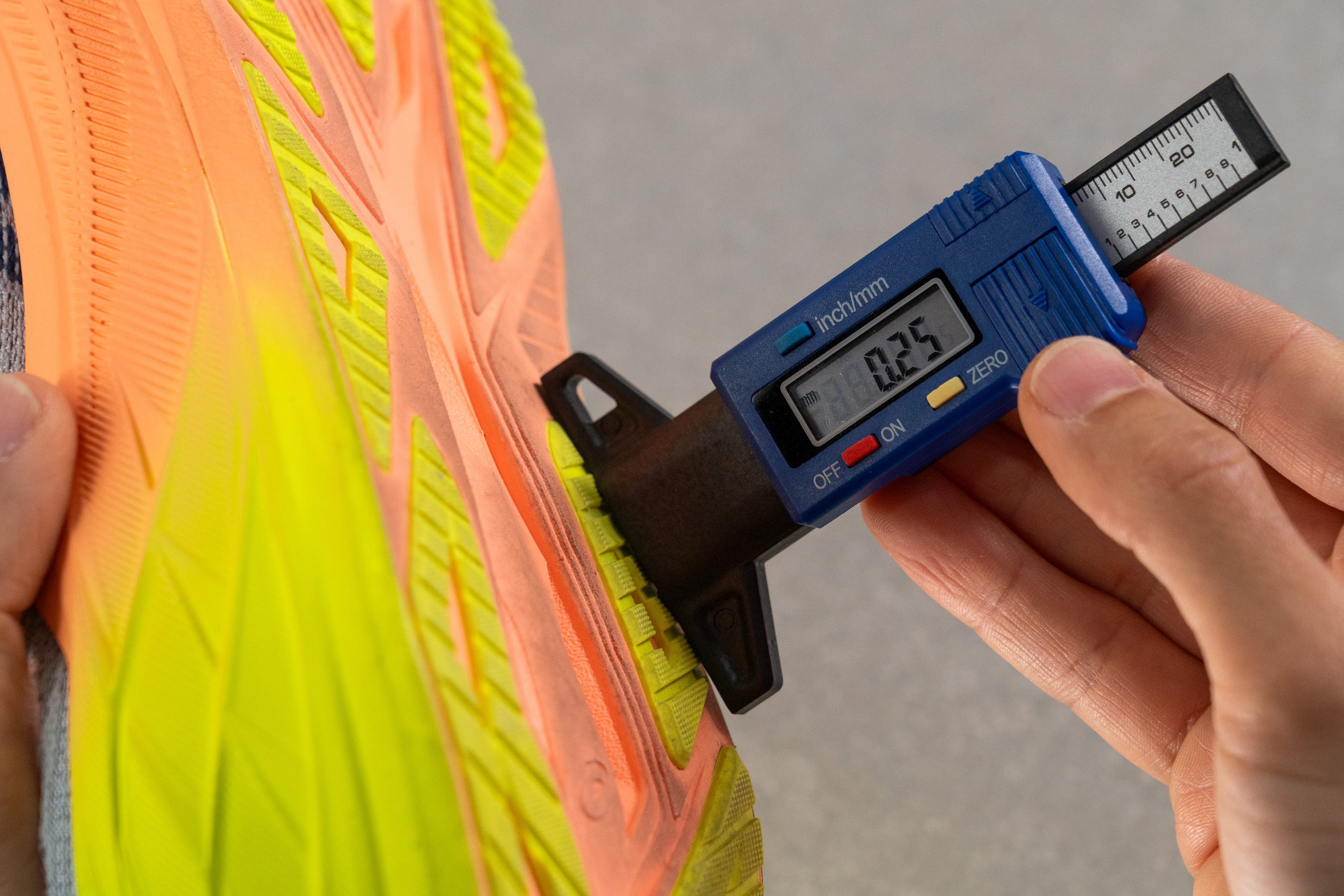
Here are the most durable shoes for long-distance runs, based on our lab tests:
Toebox durability is assessed on a 1-5 scale based on the damage caused by the Dremel: 5 is the most durable. Outsole durability shows how deep the damage is according to a tread gauge: the lower the number, the smaller the damage.
Trail running shoes tend to be even more rugged than their road counterparts due to harsher conditions:

